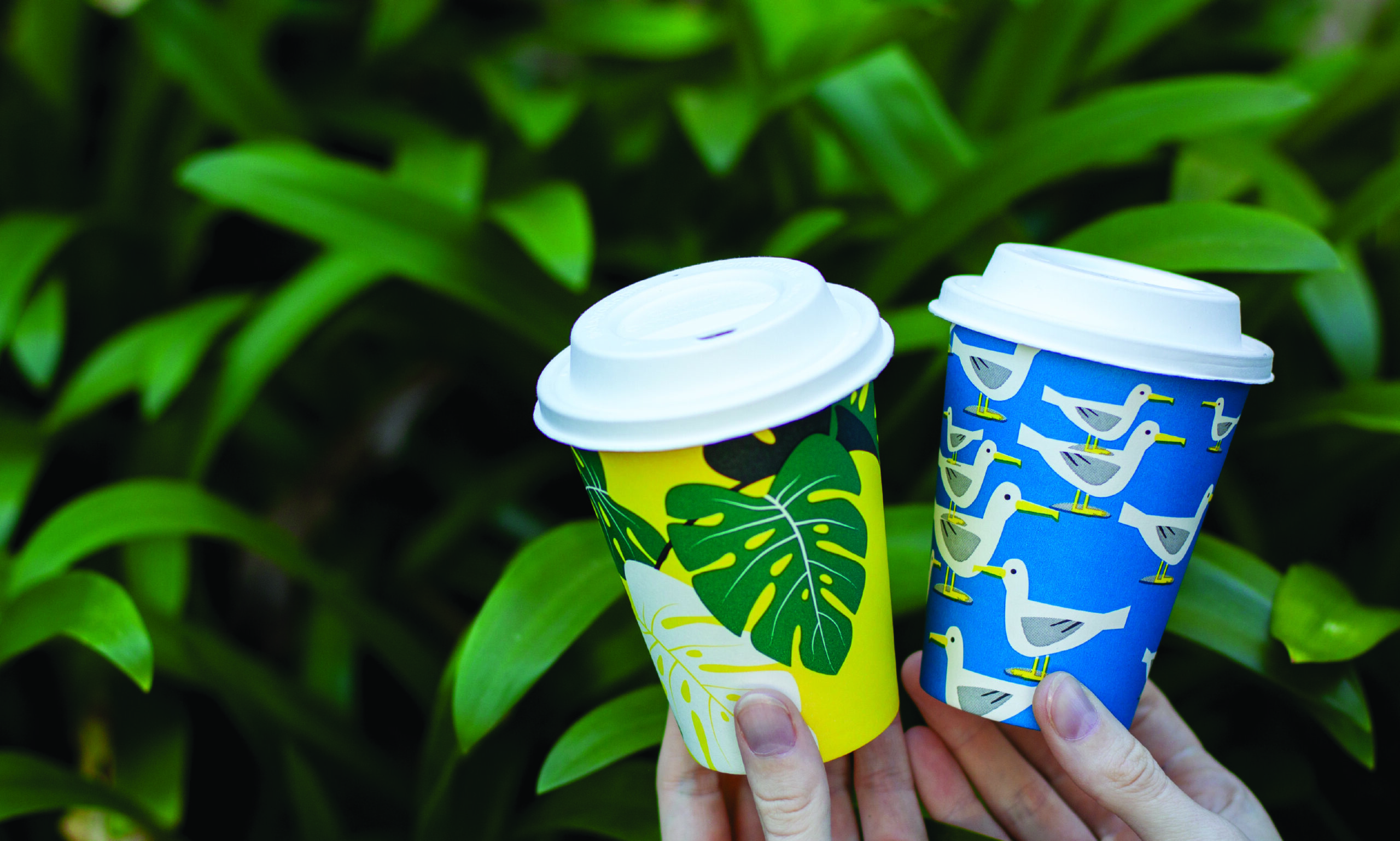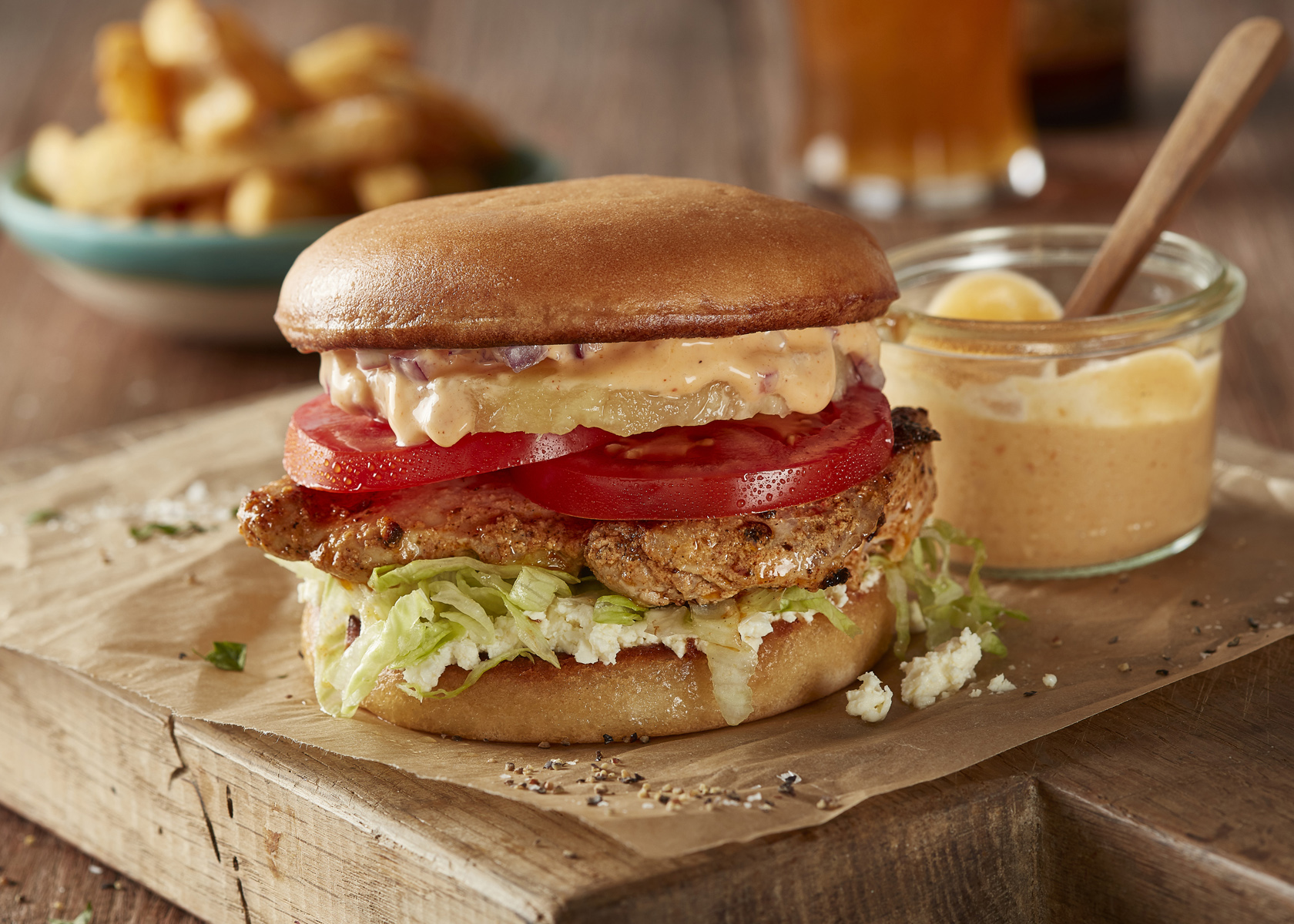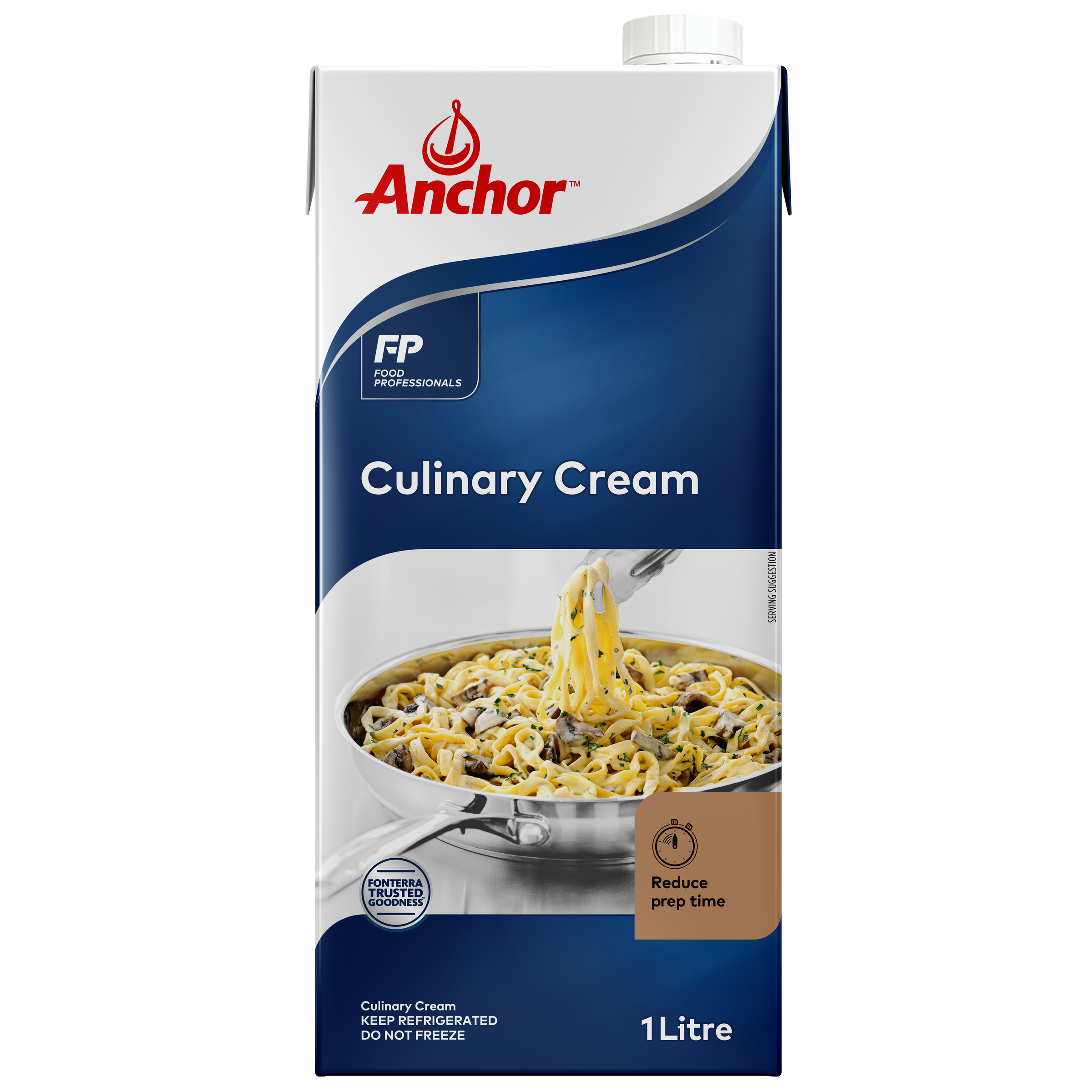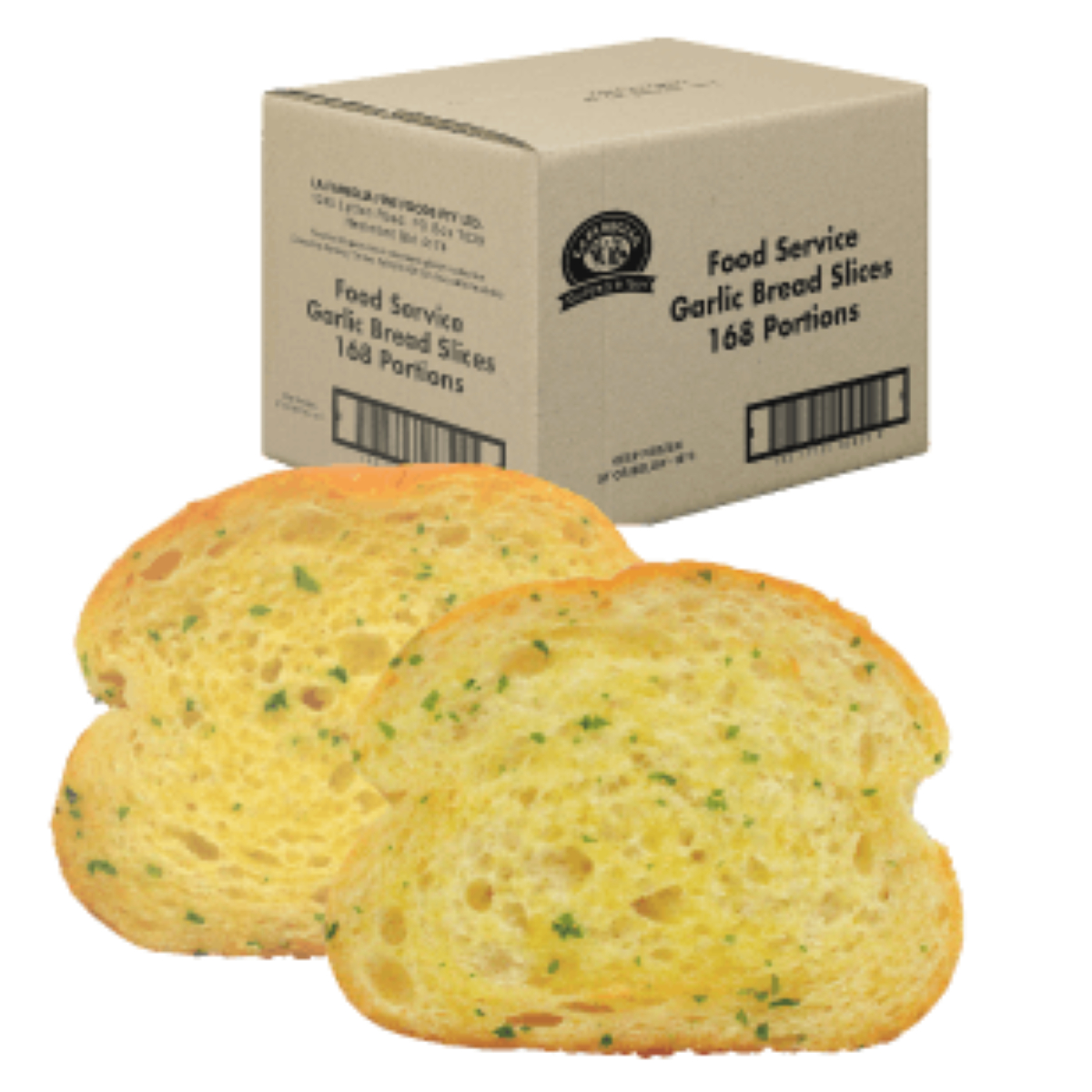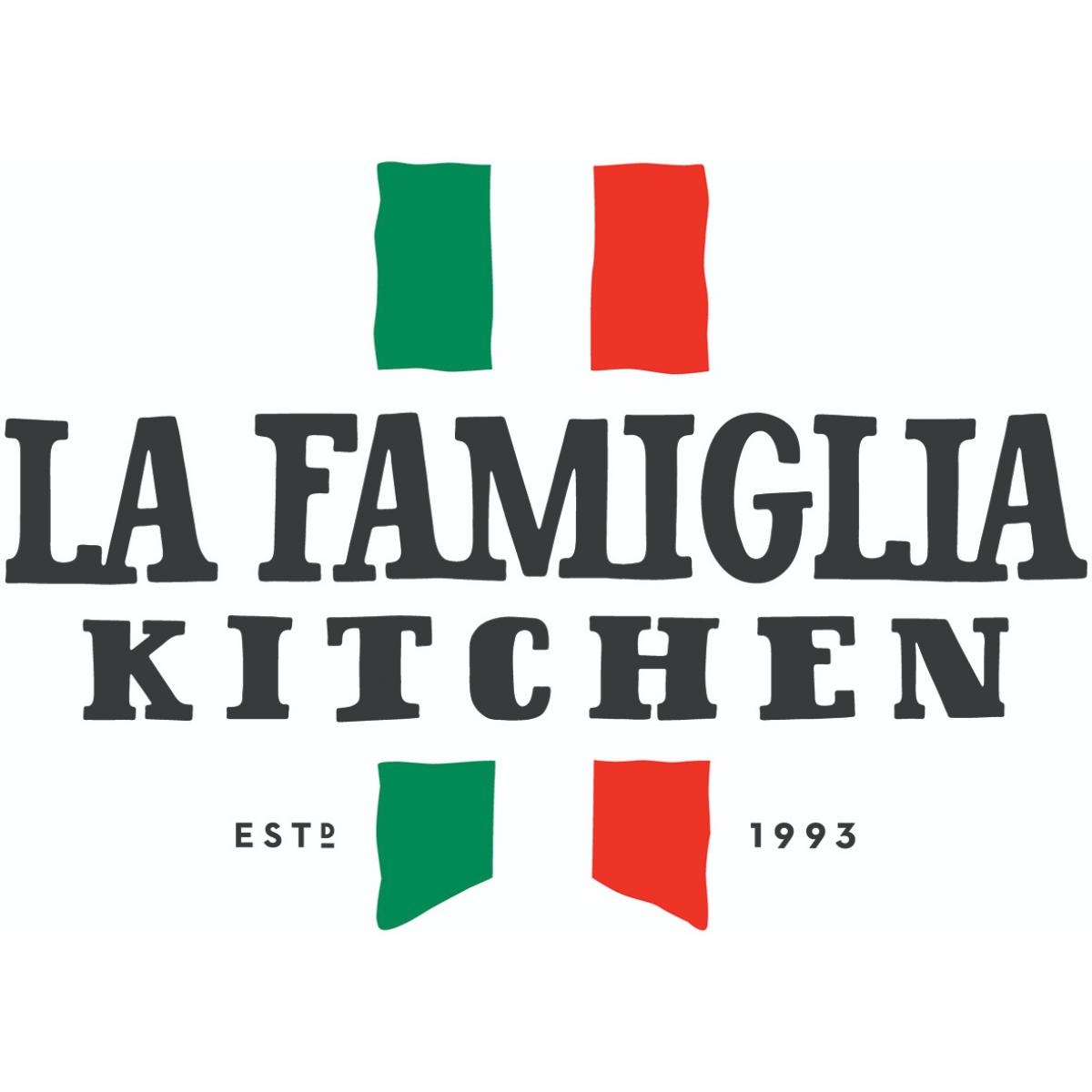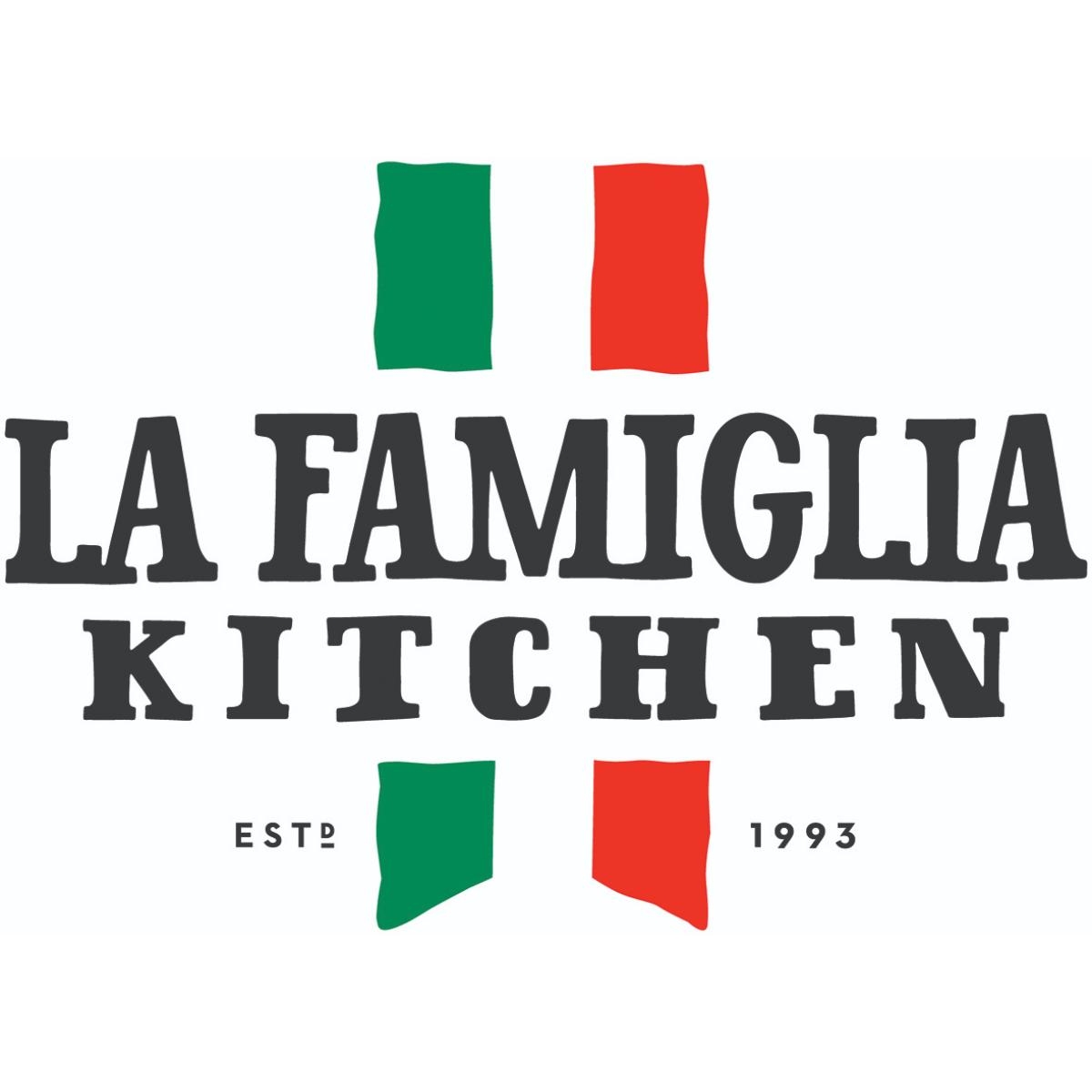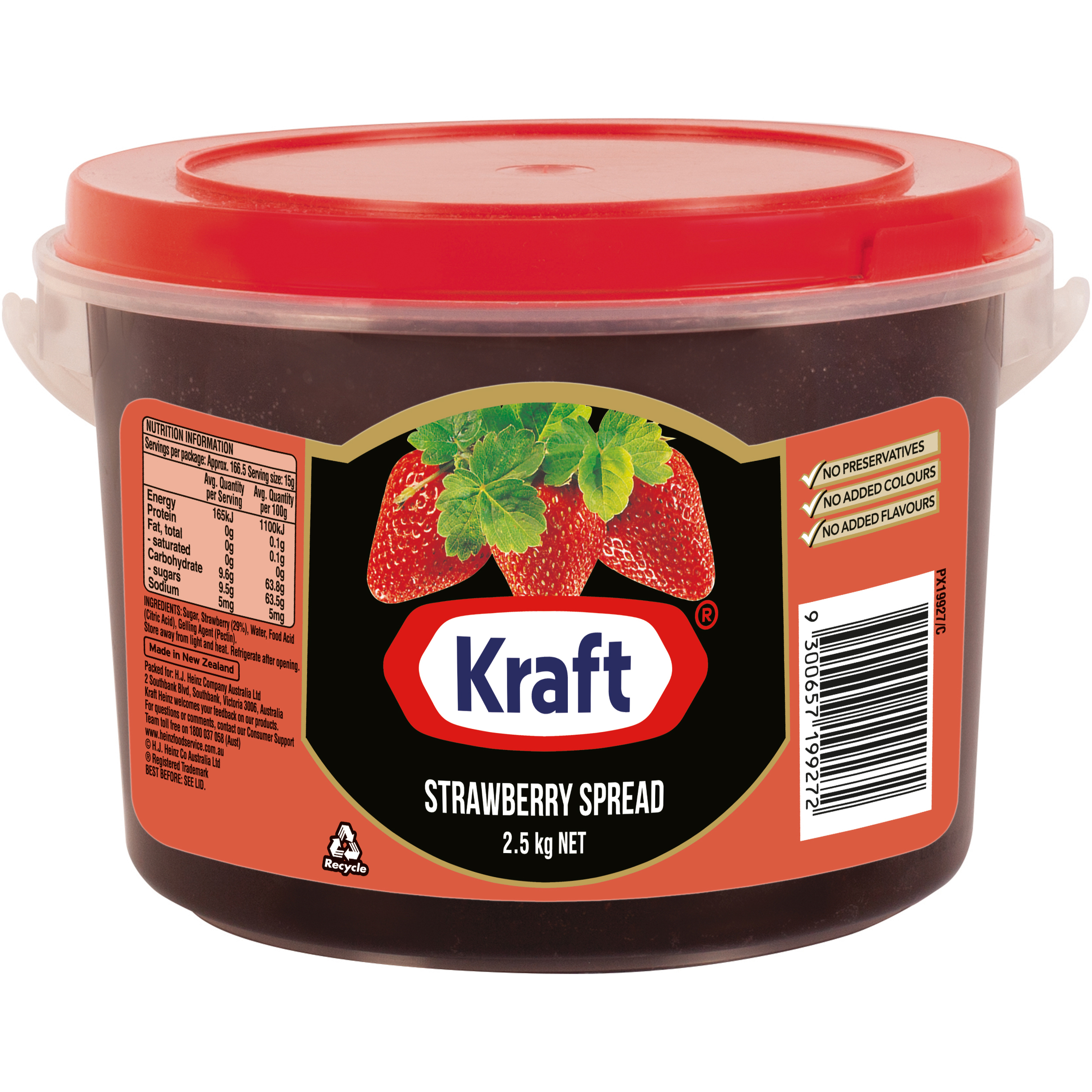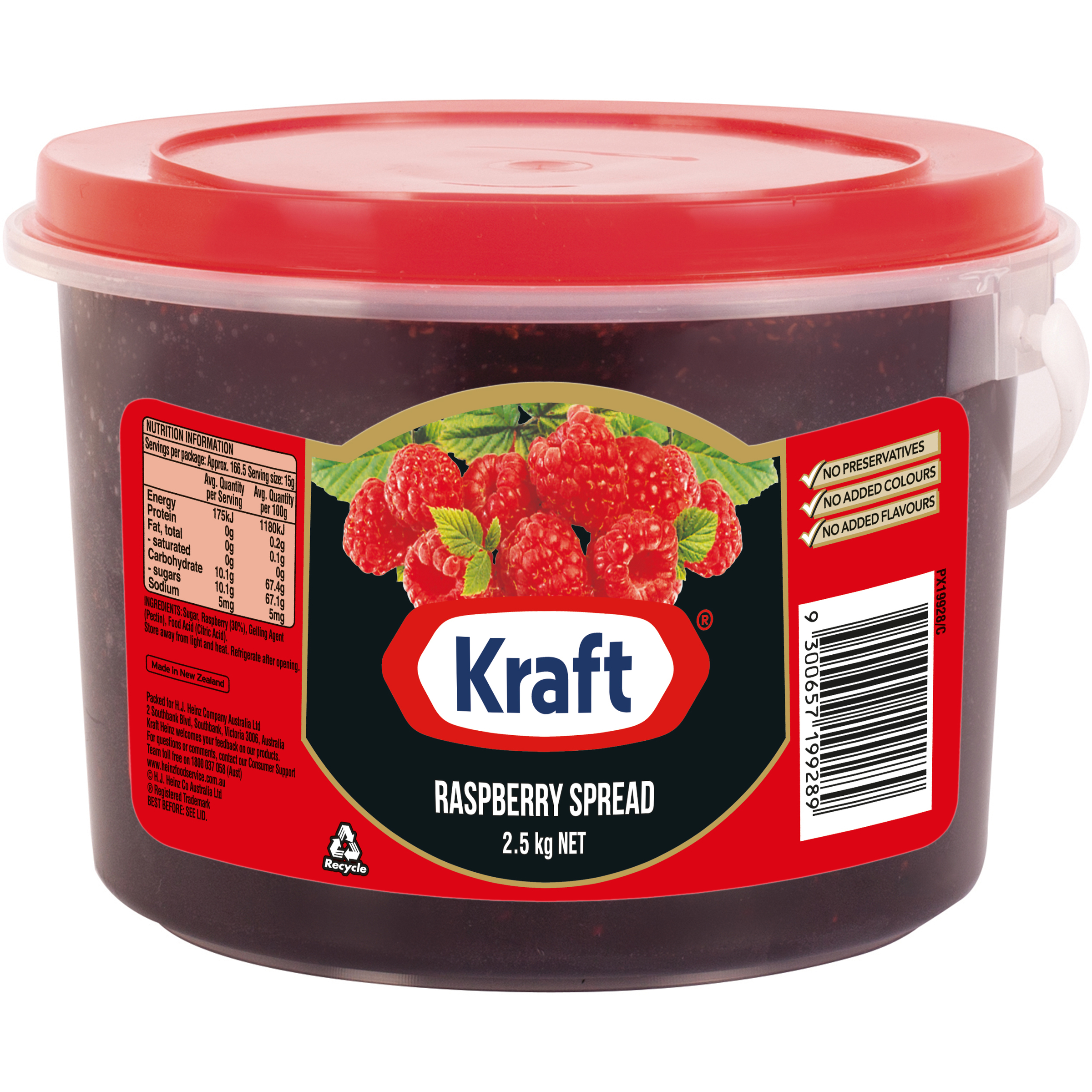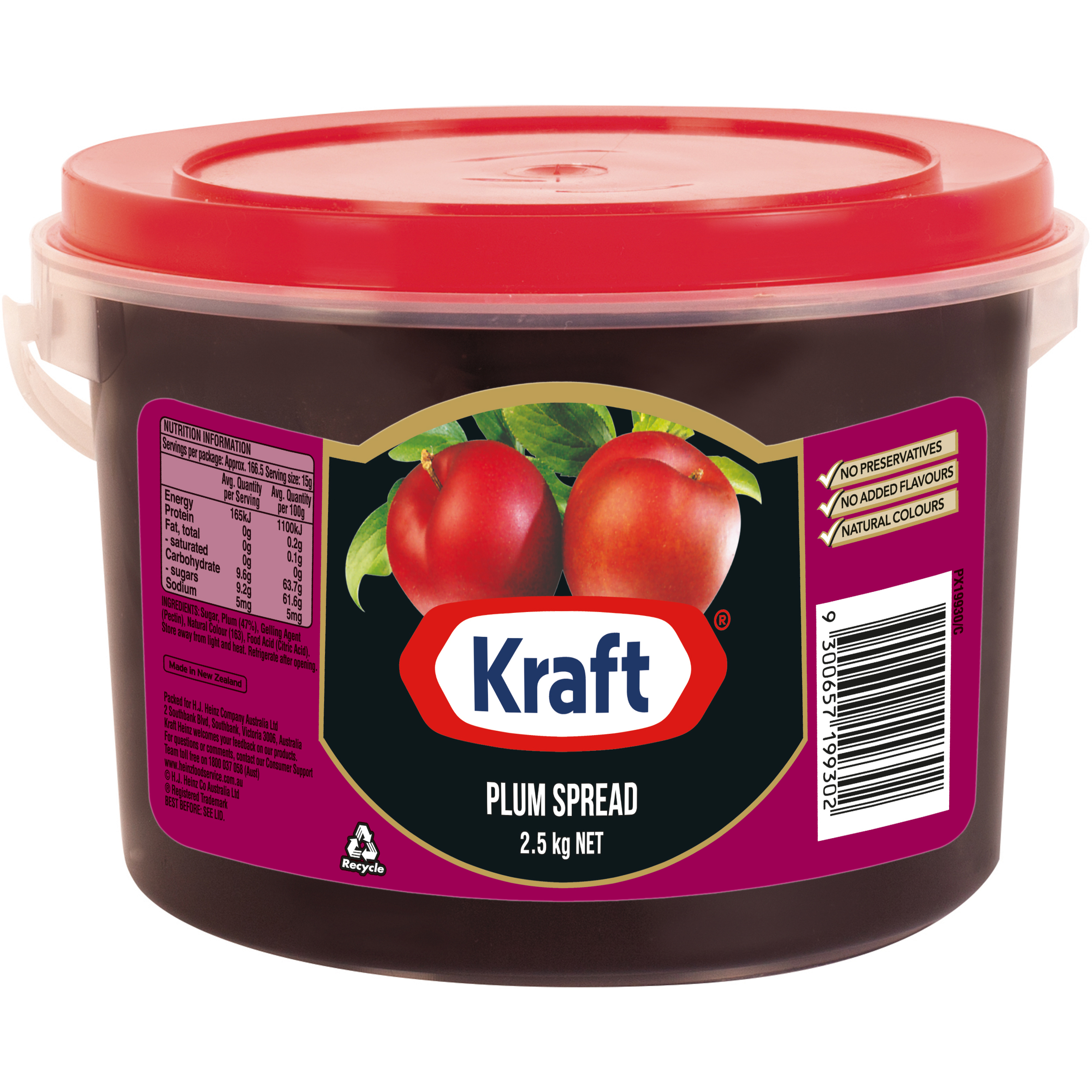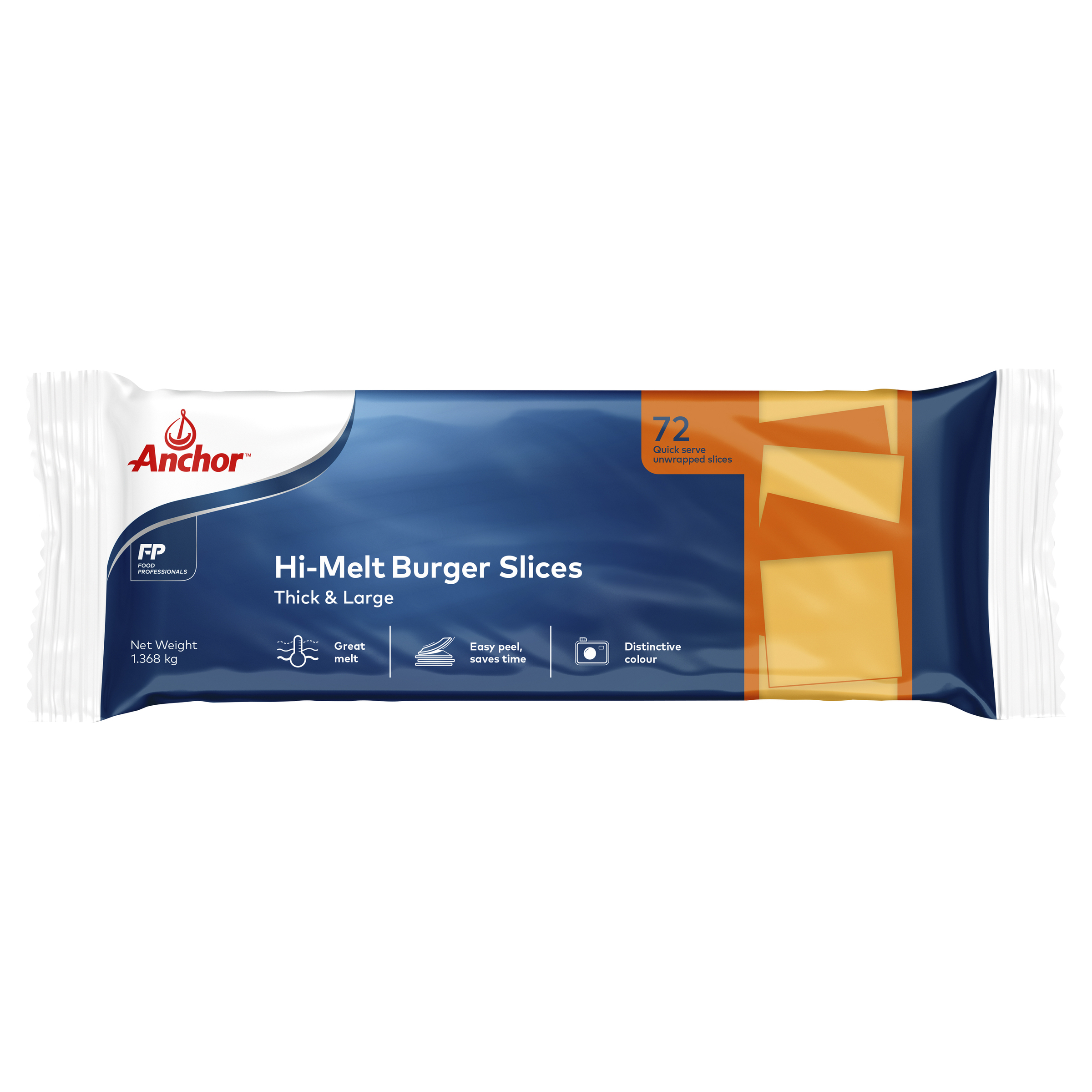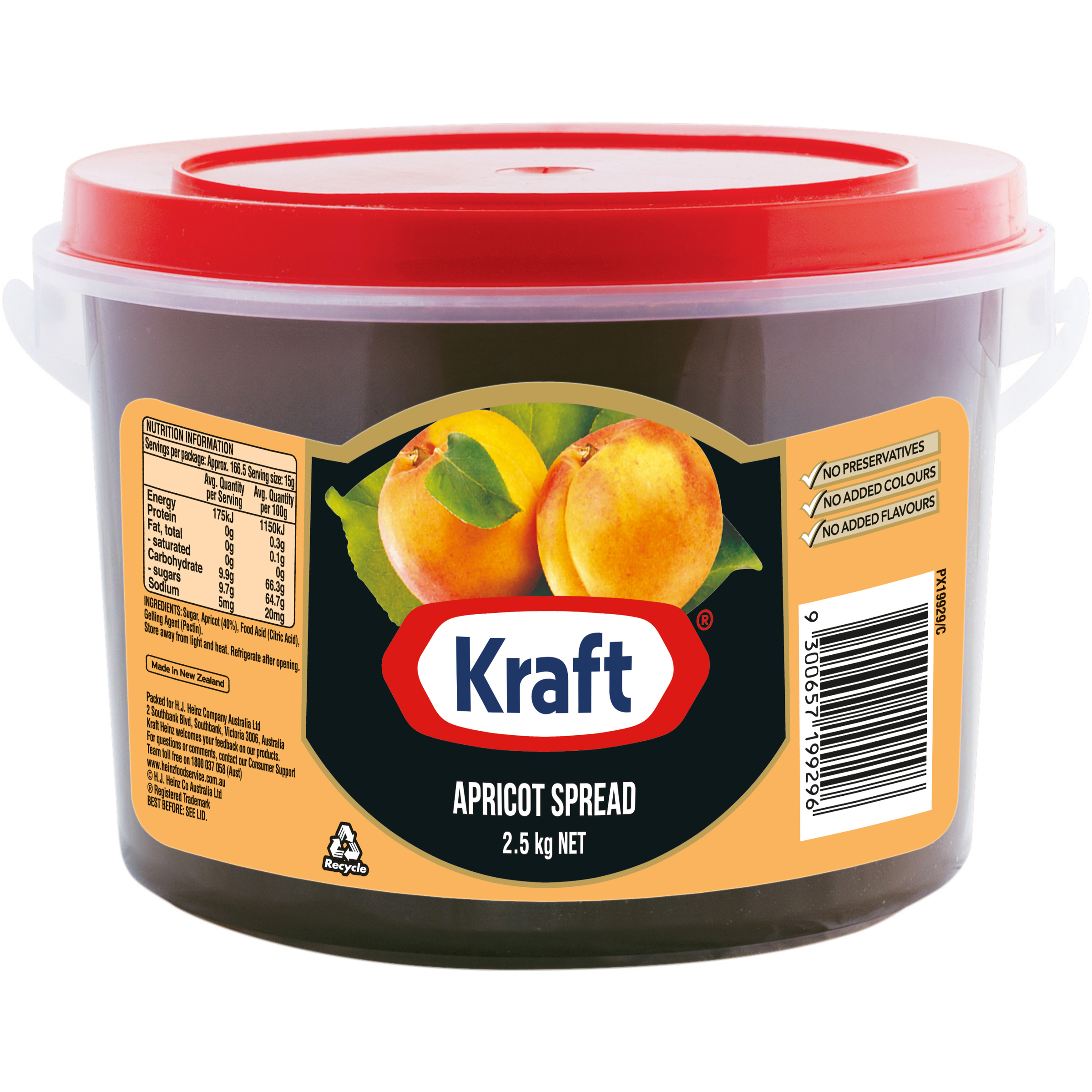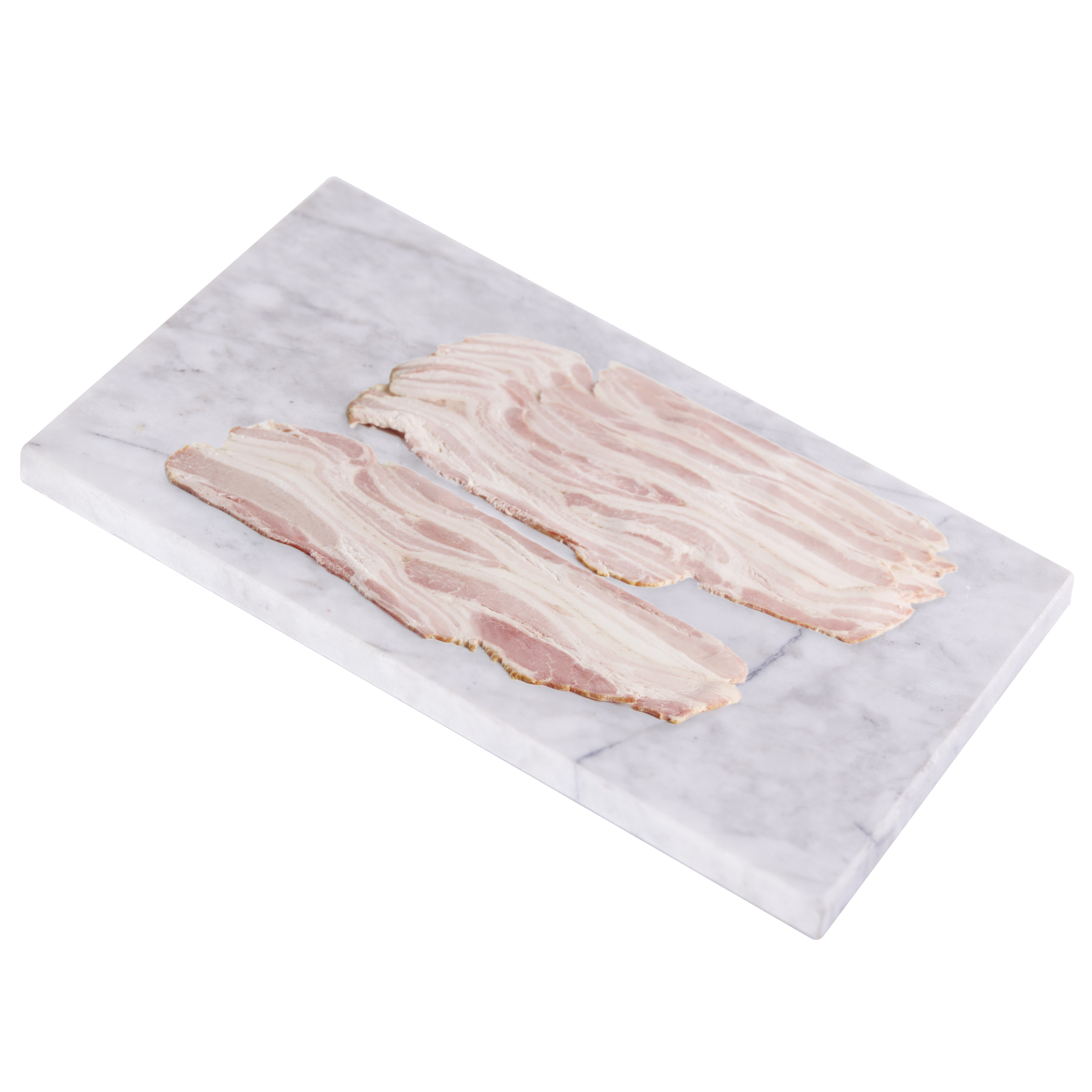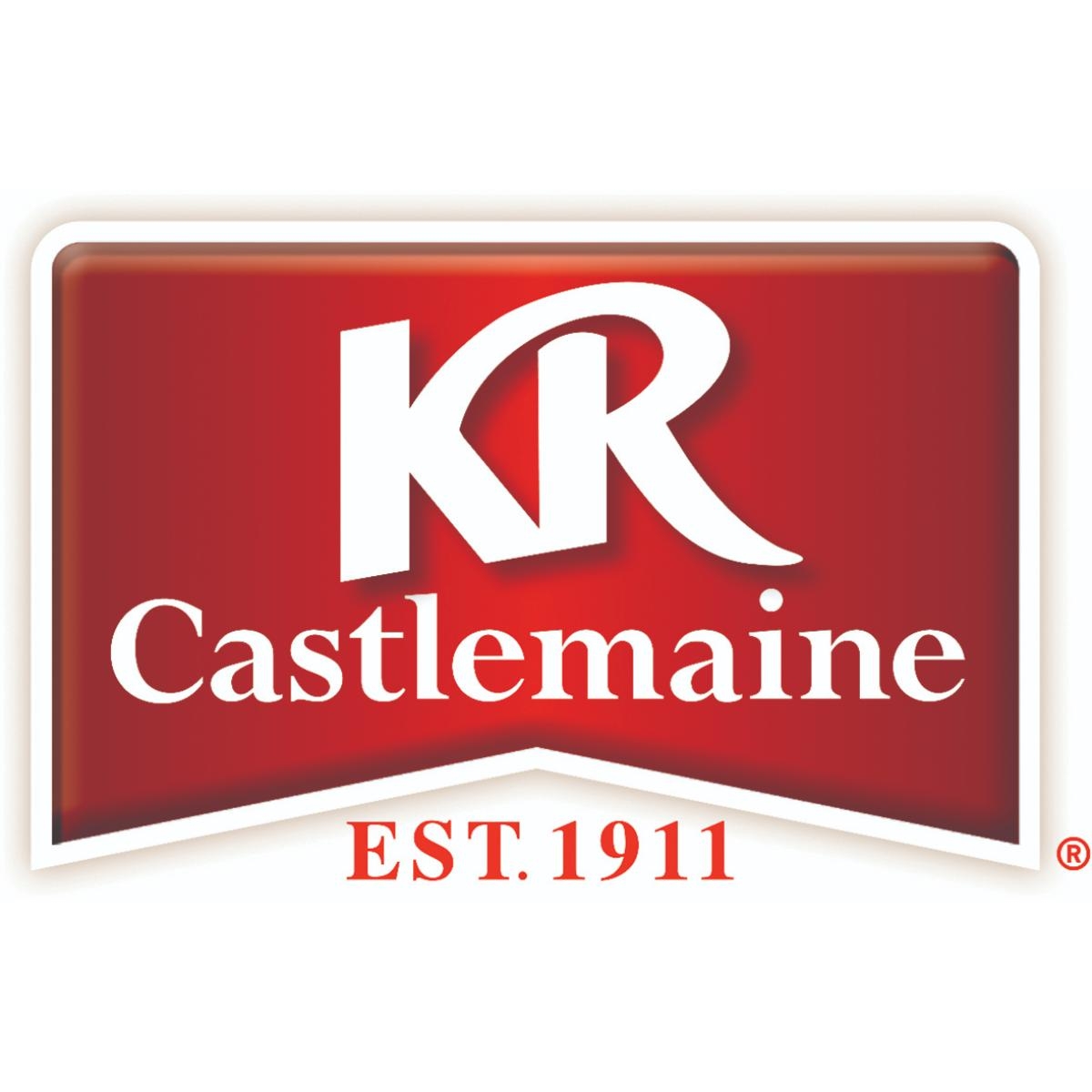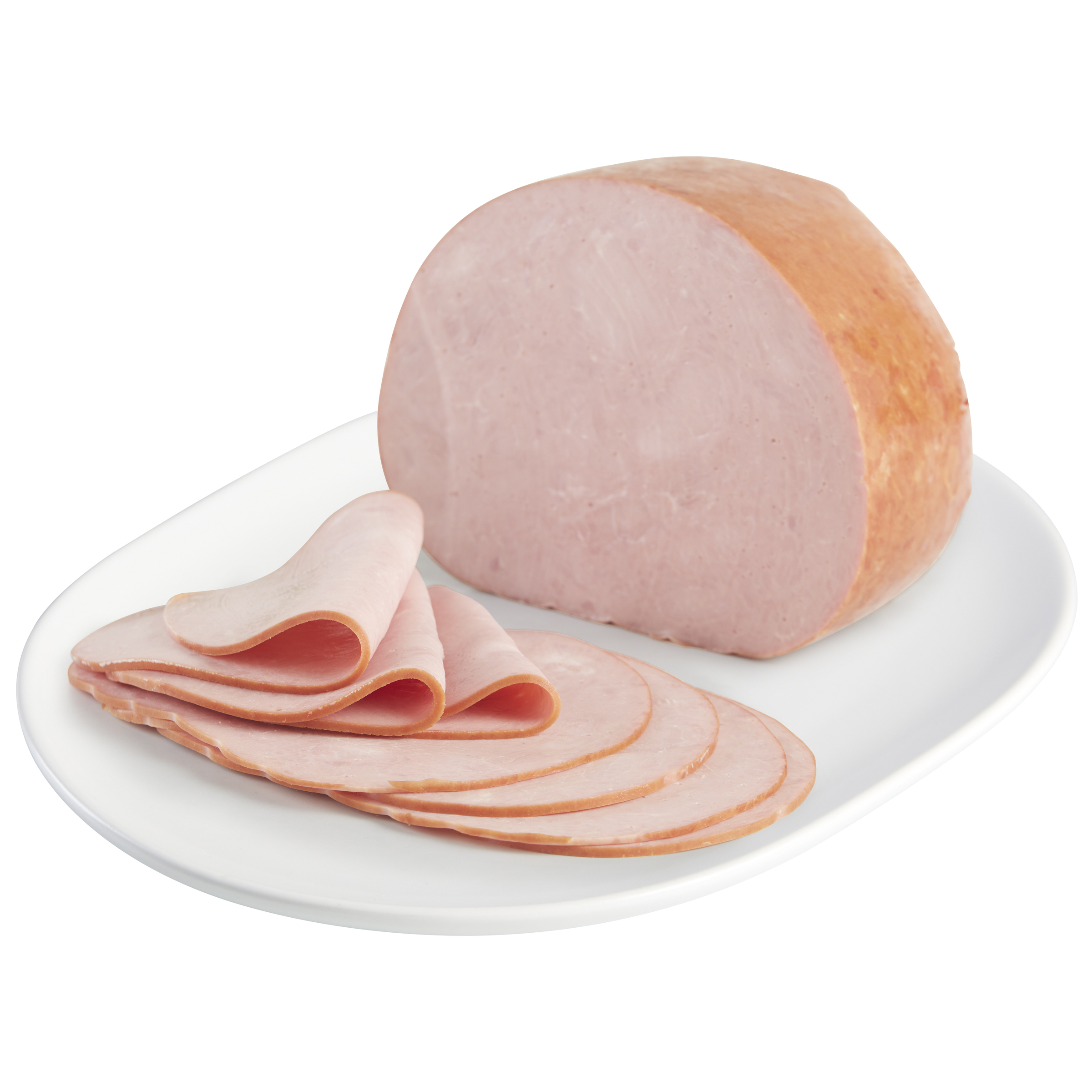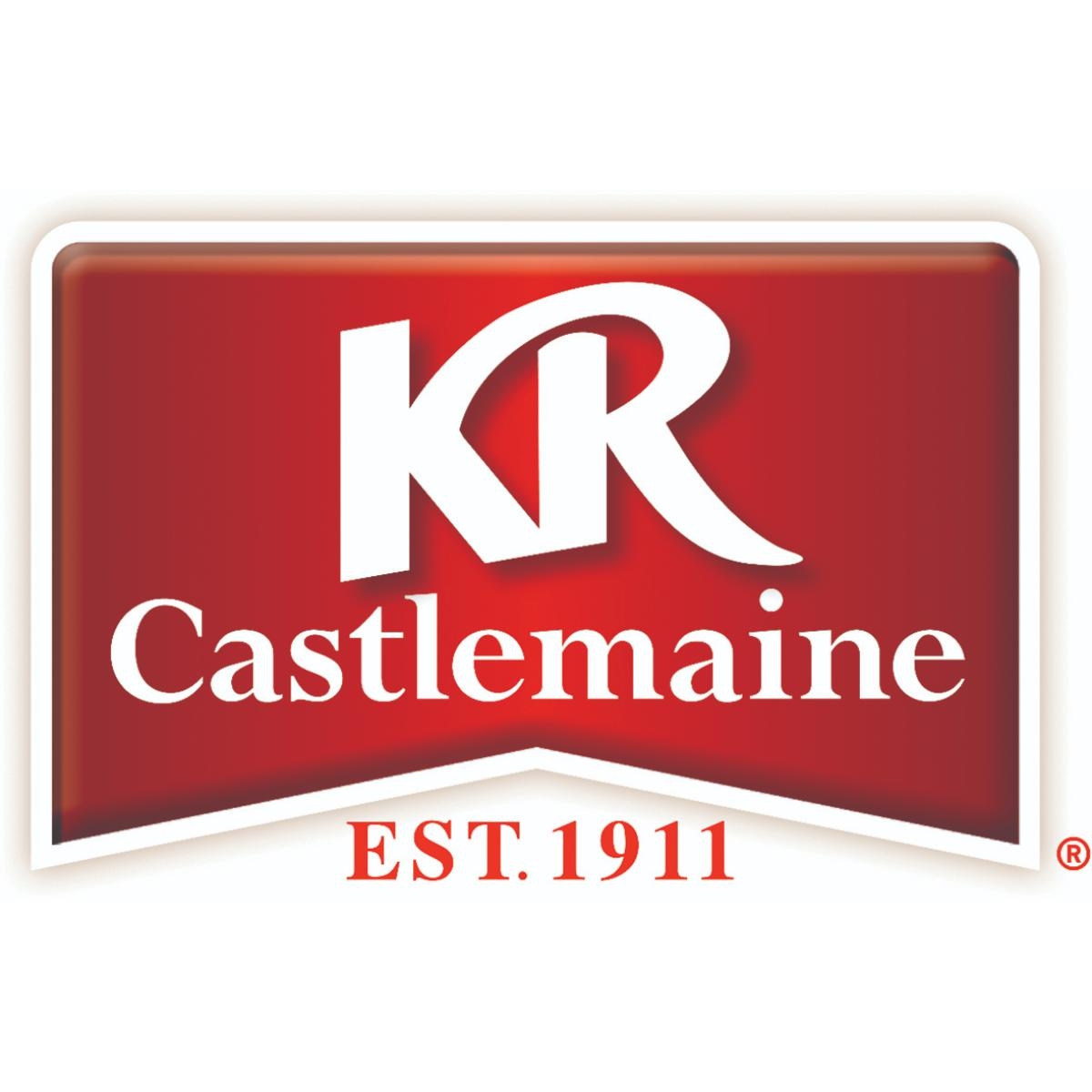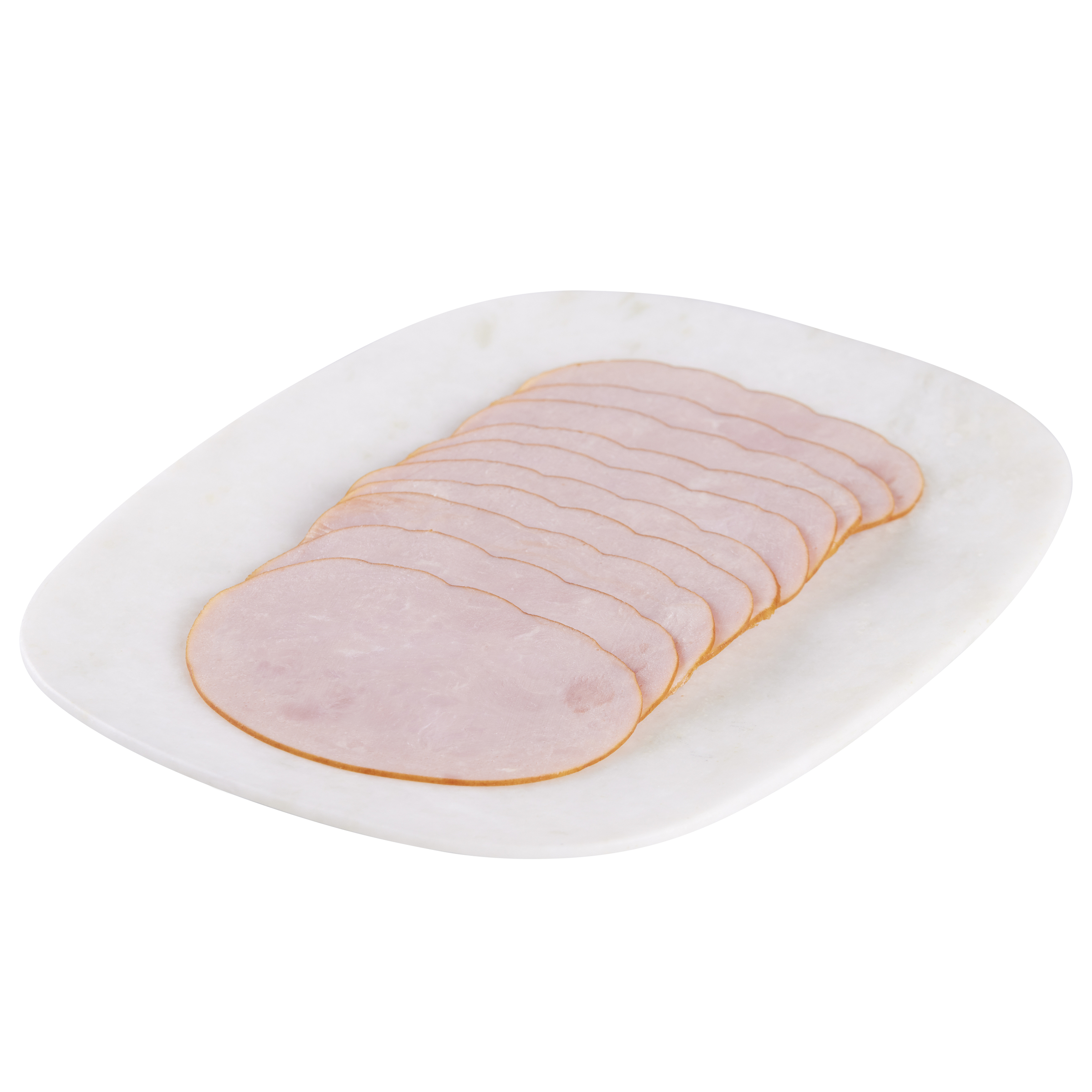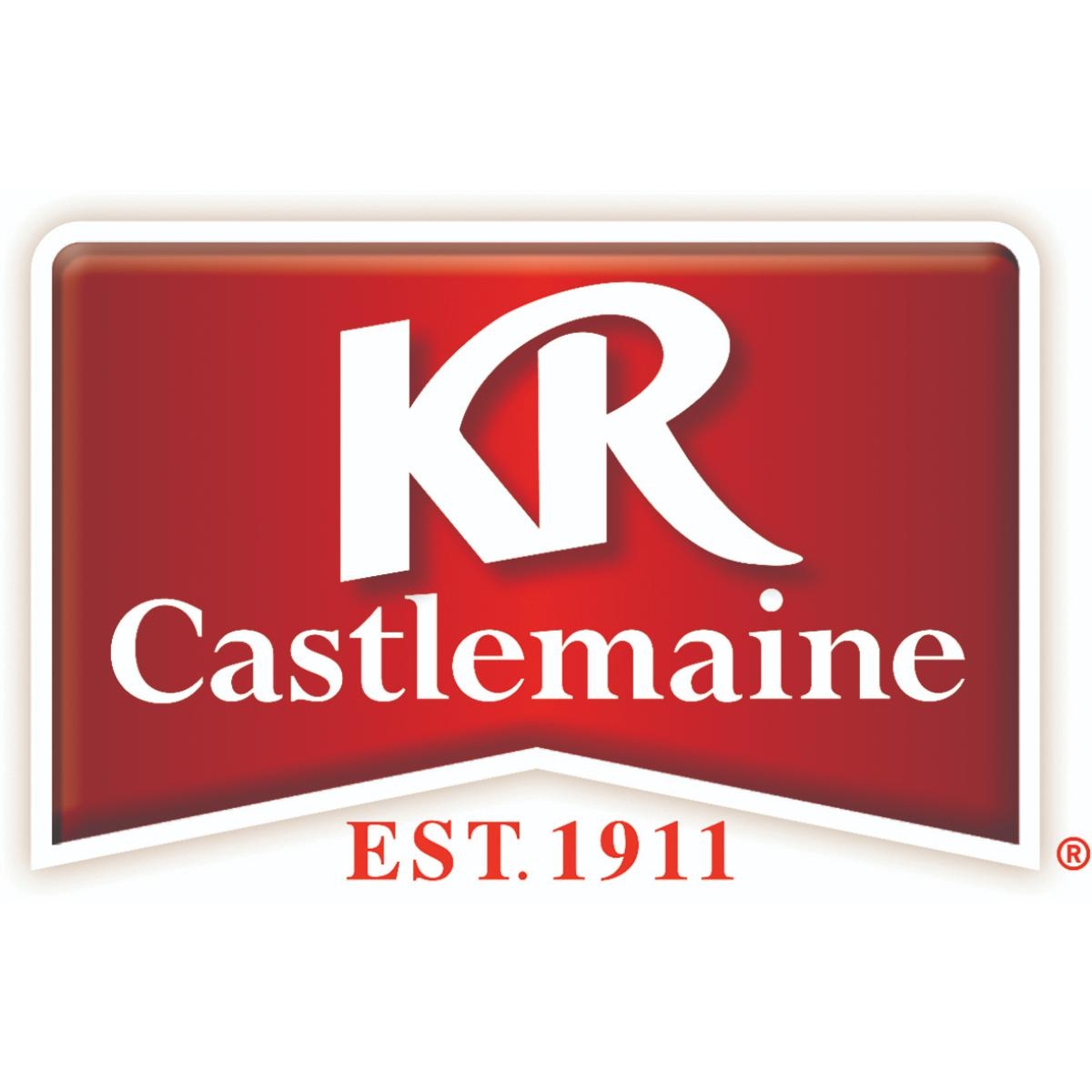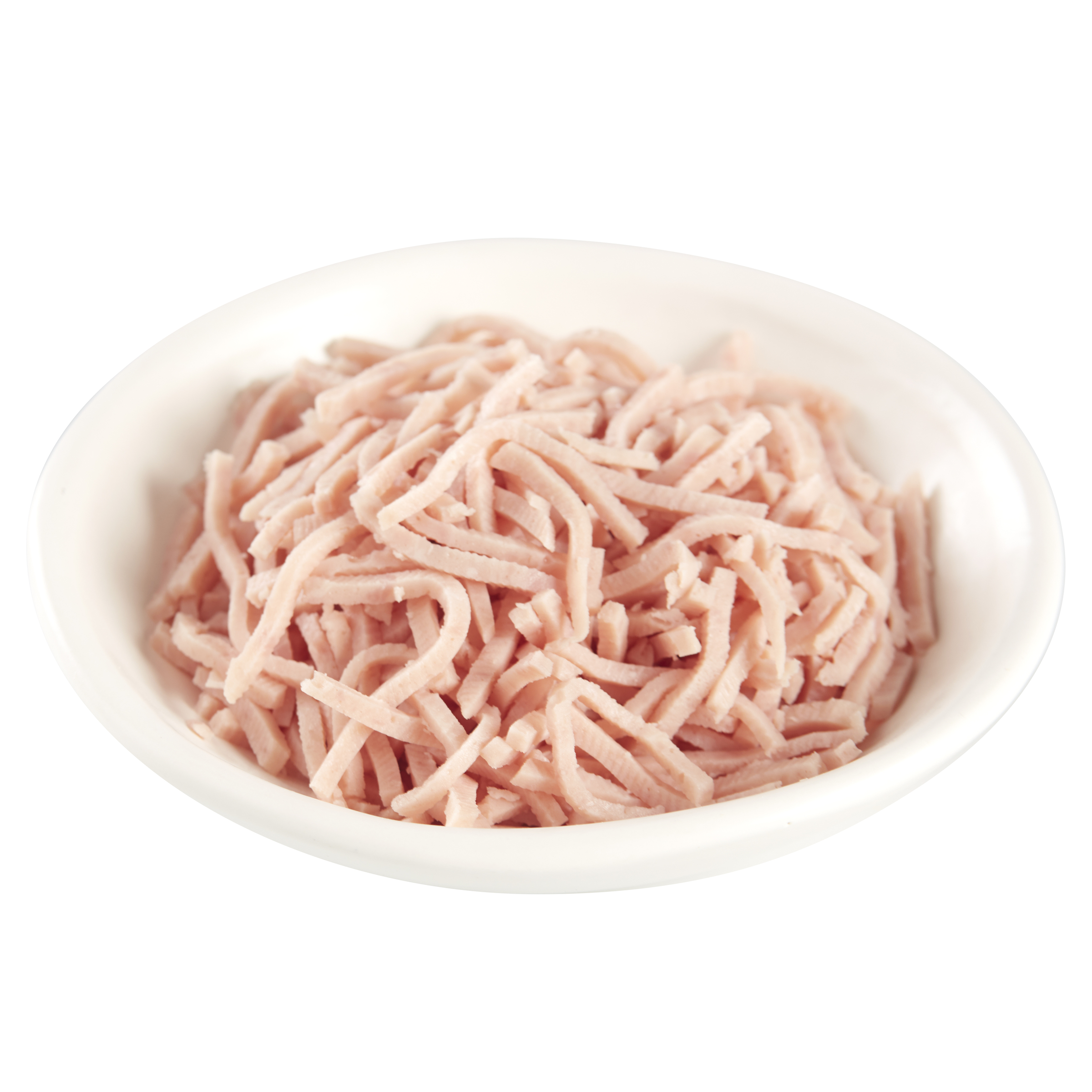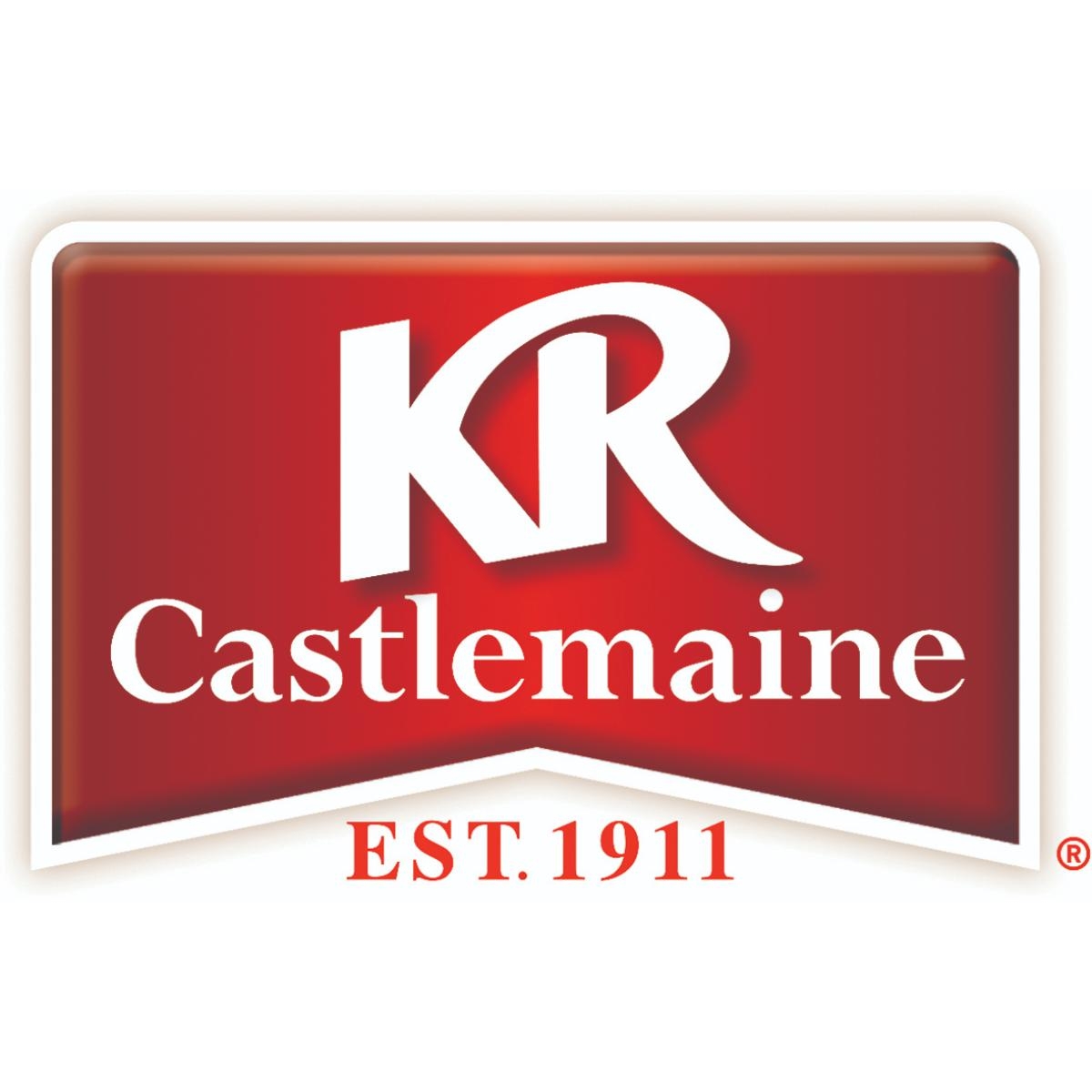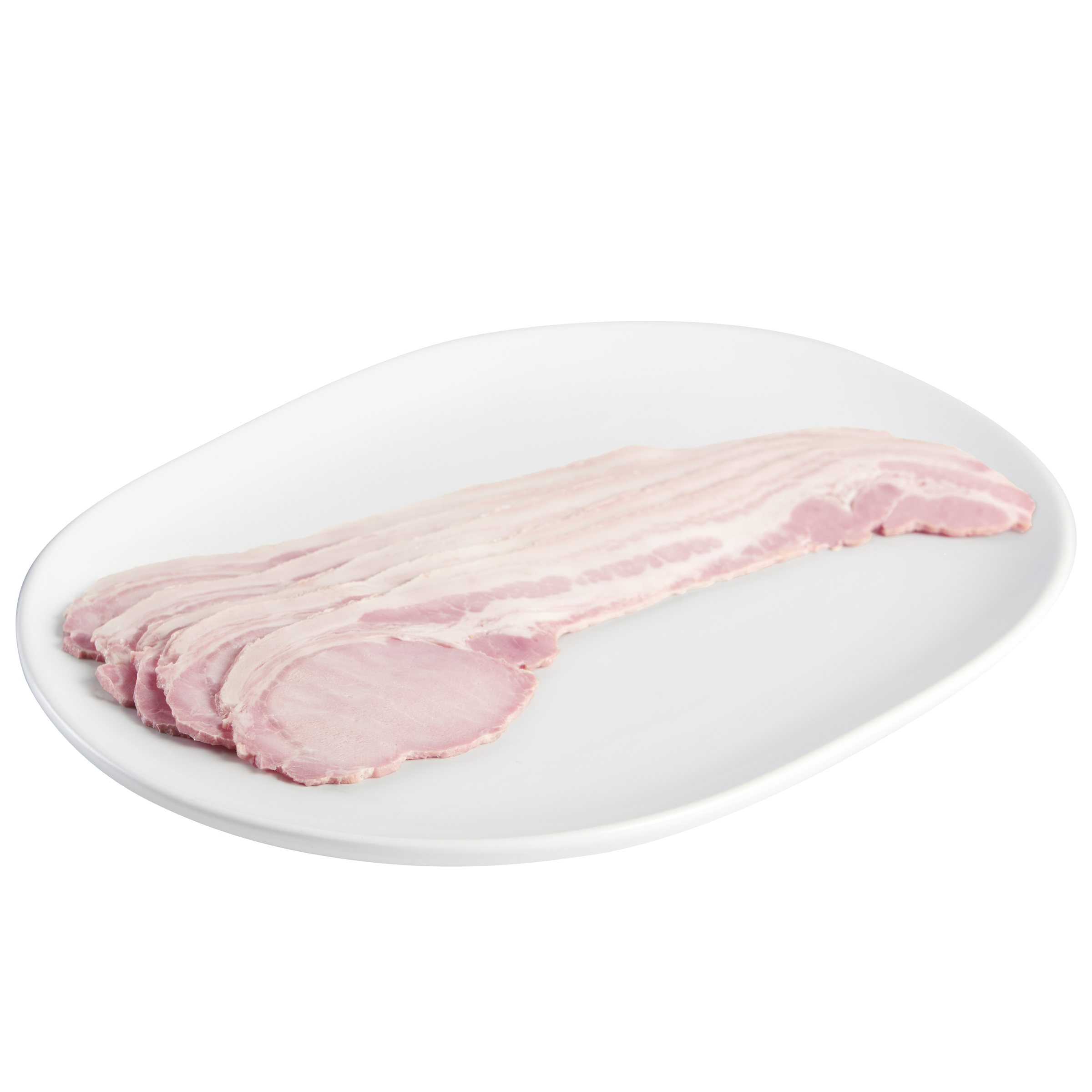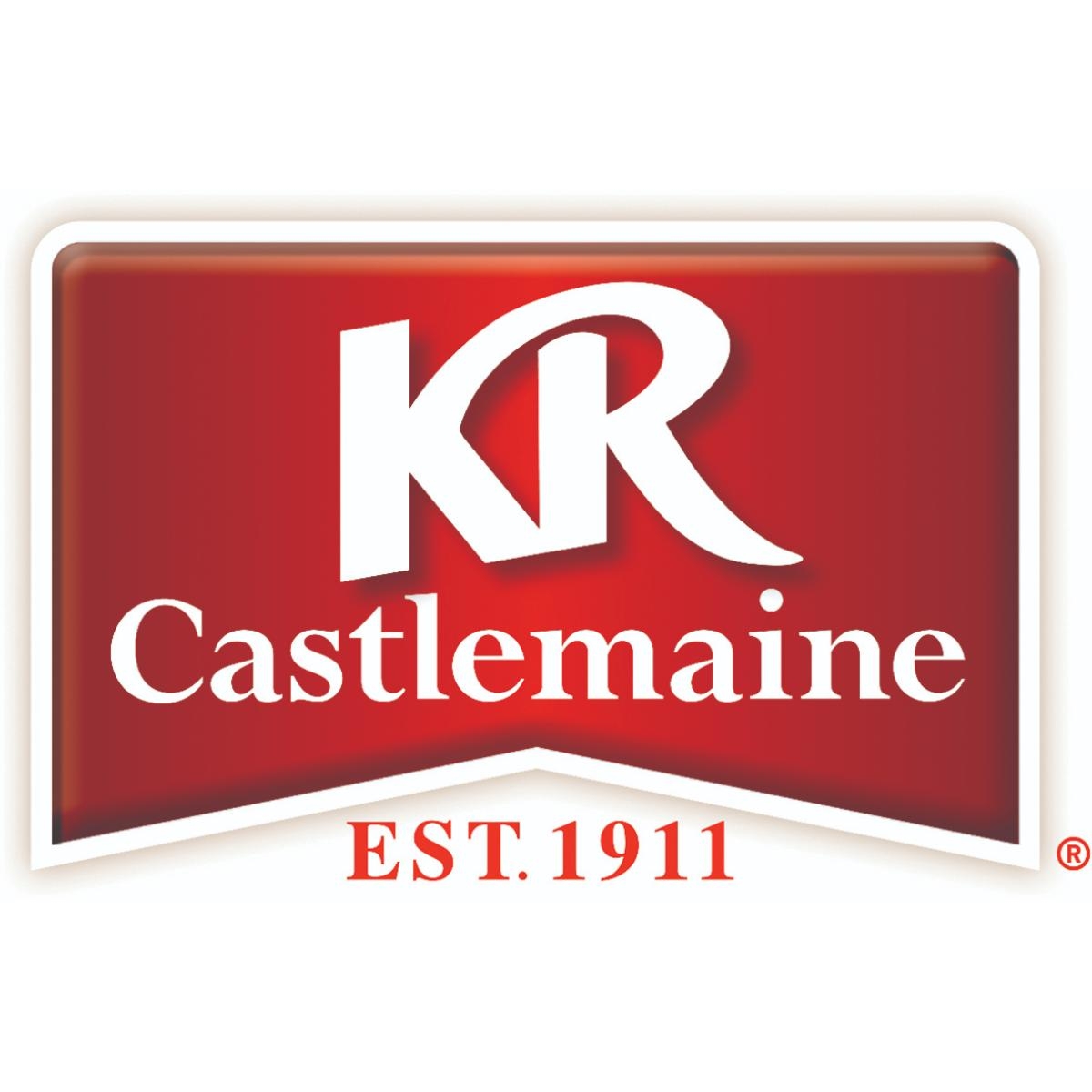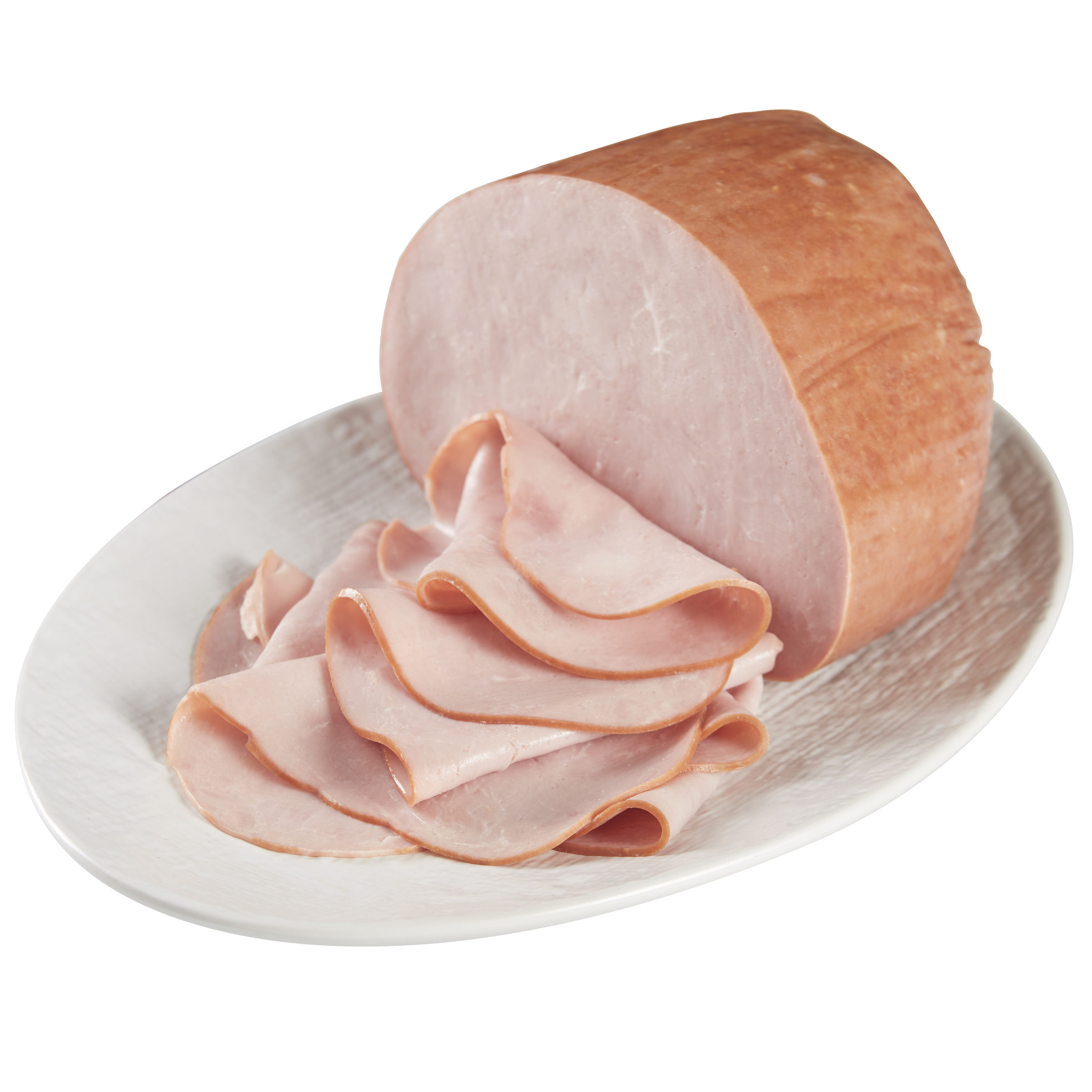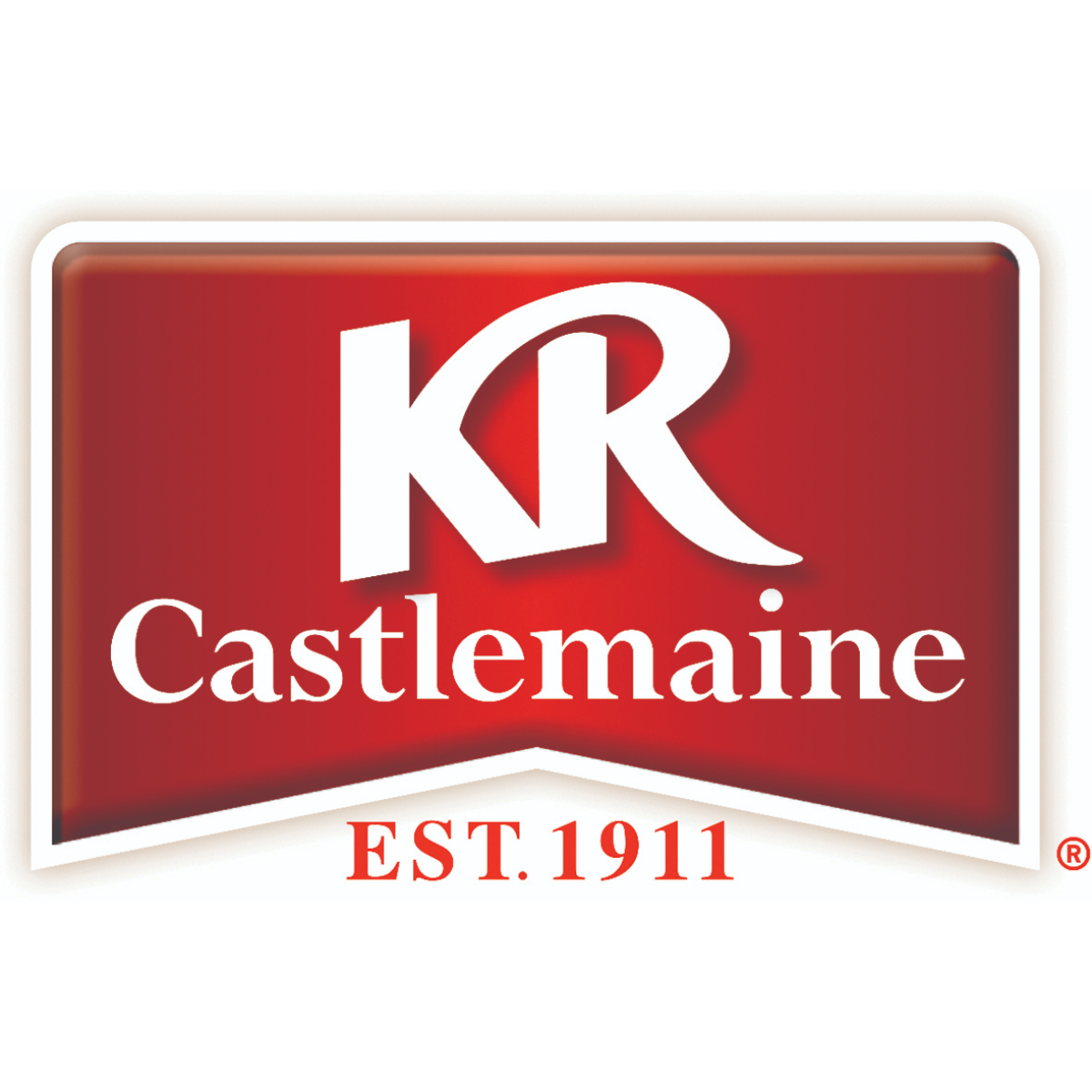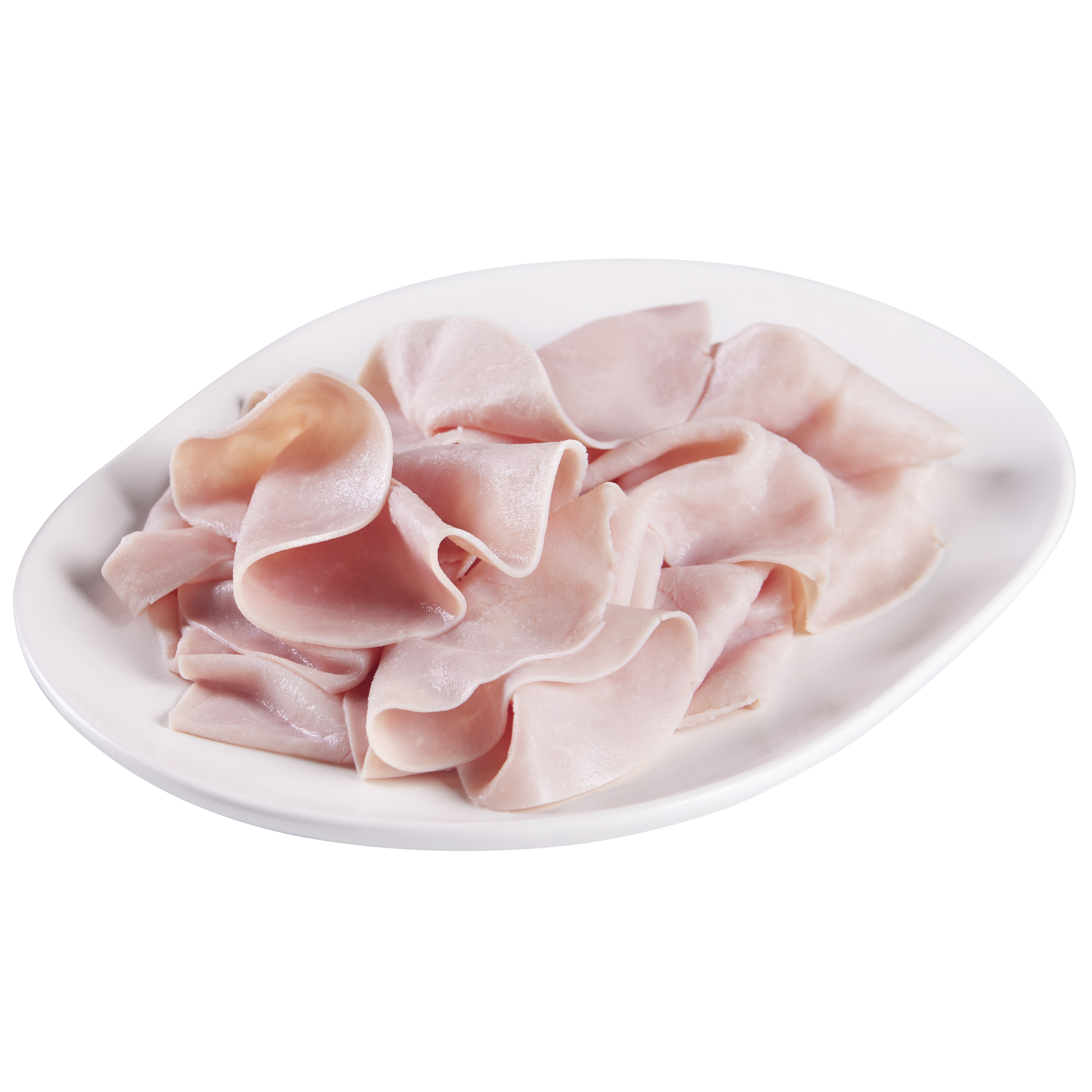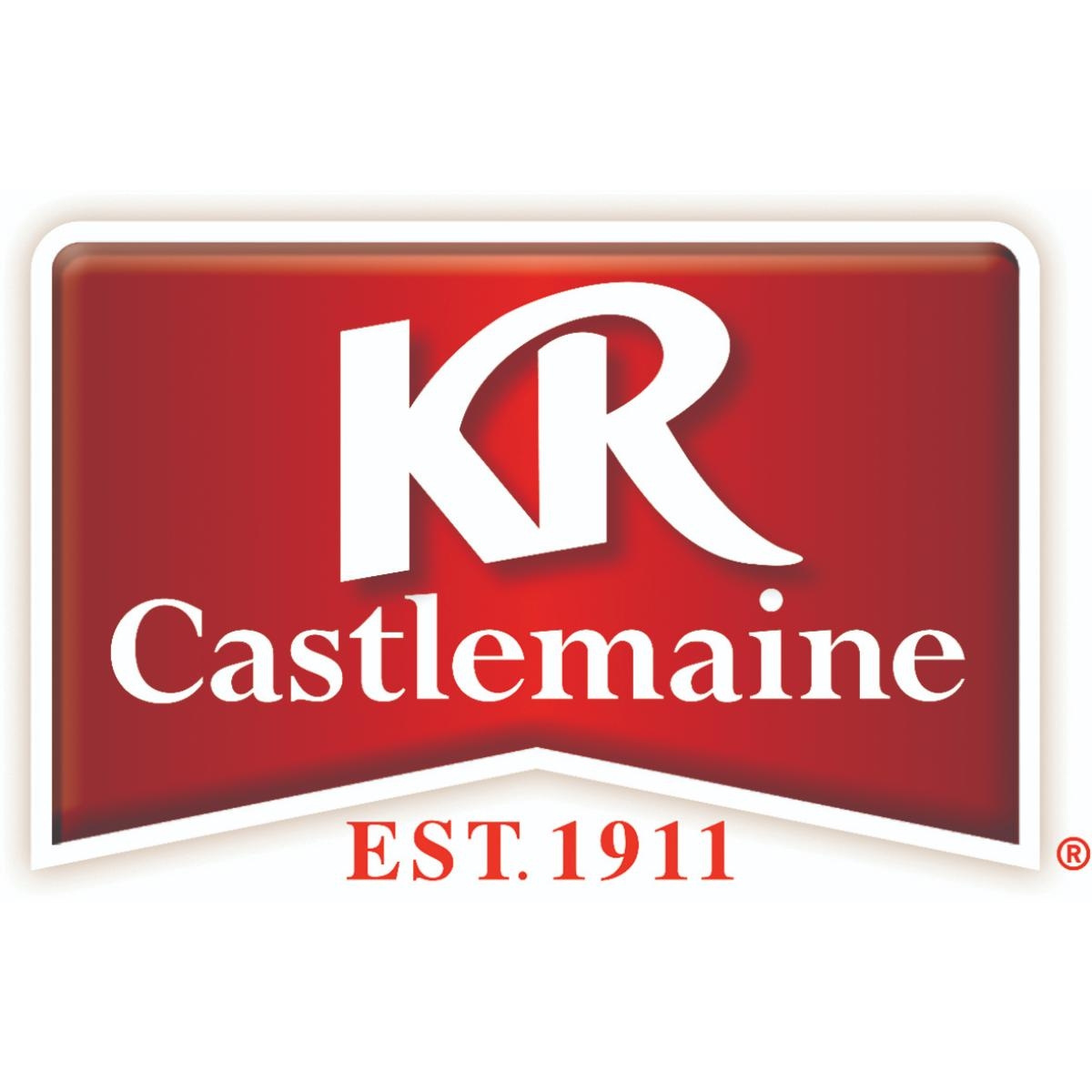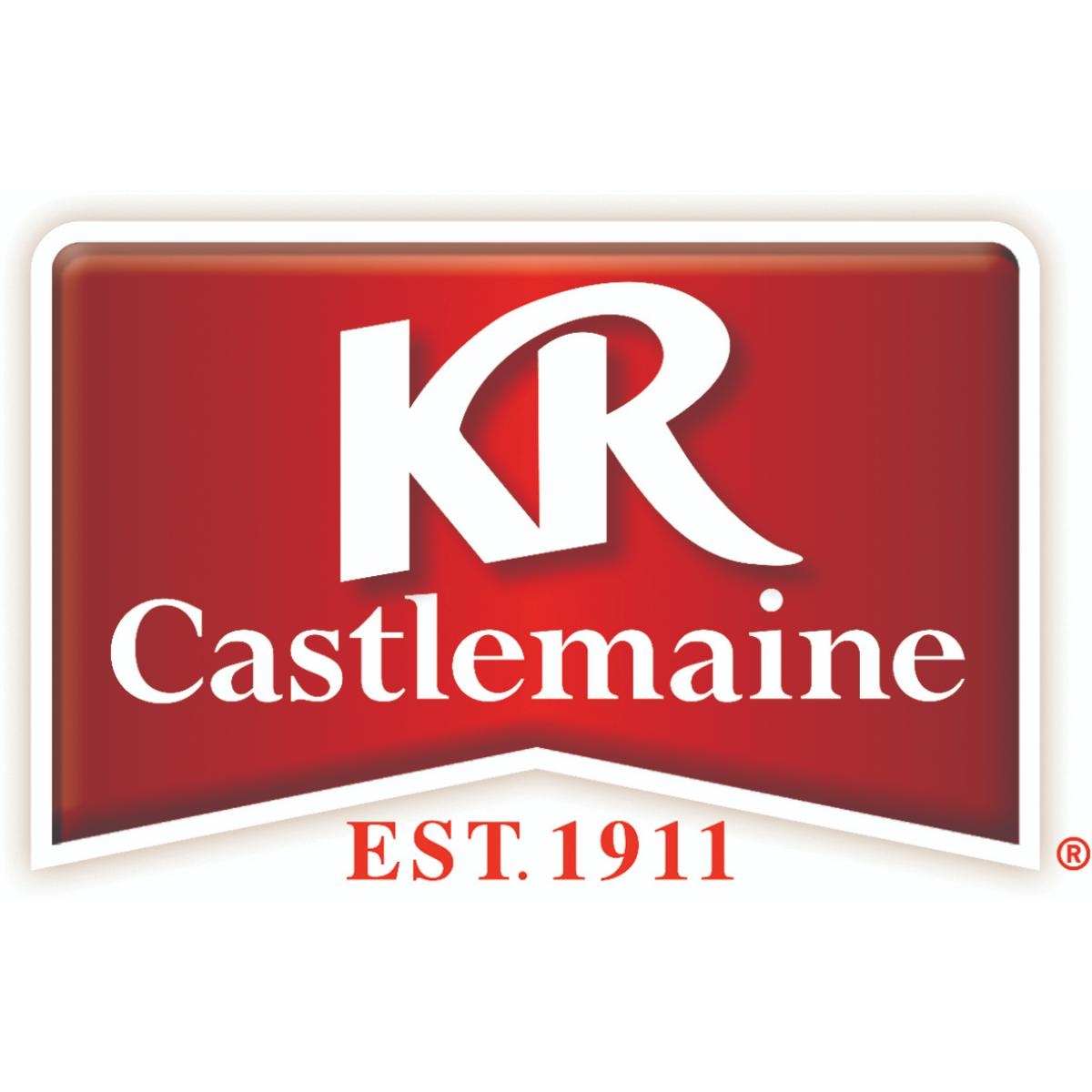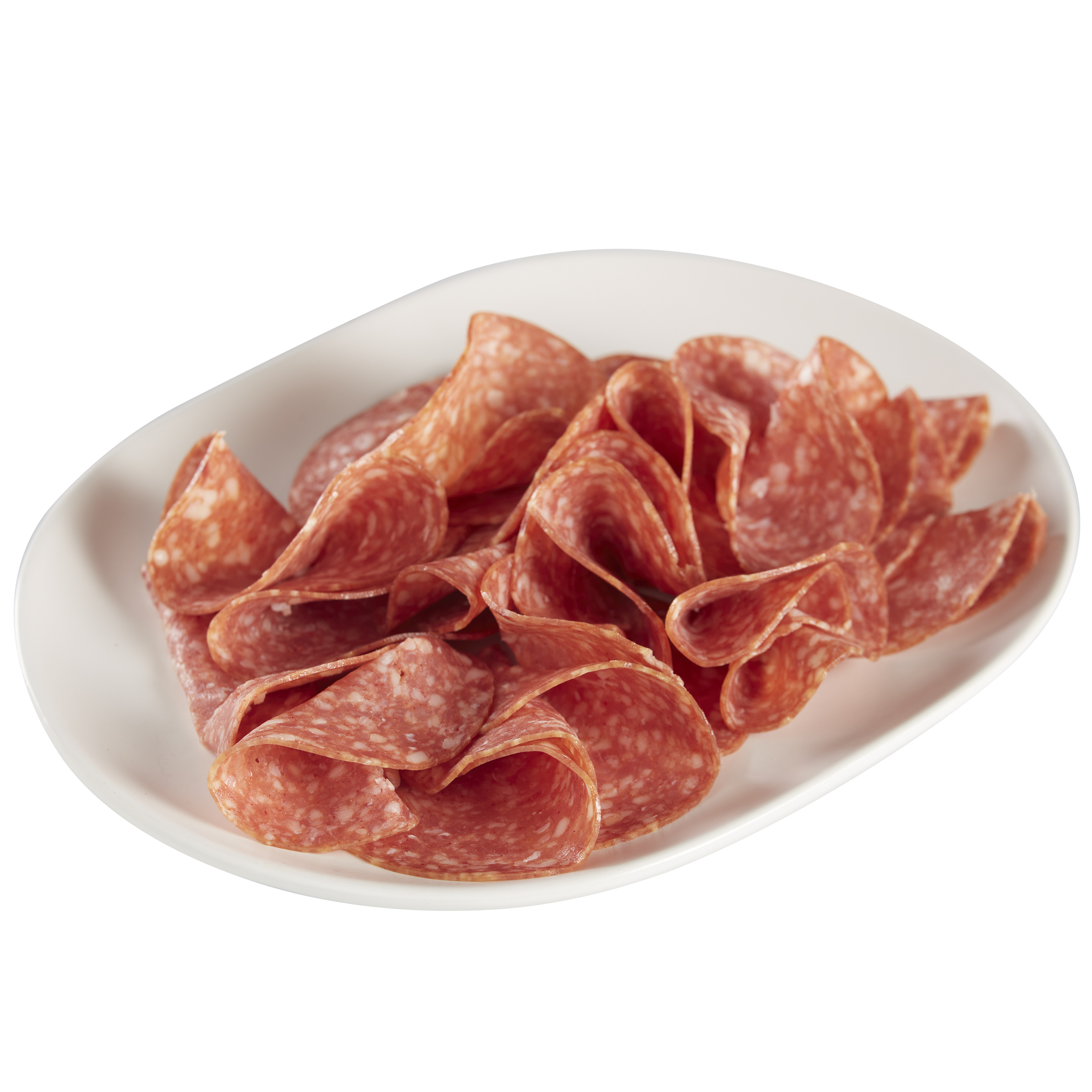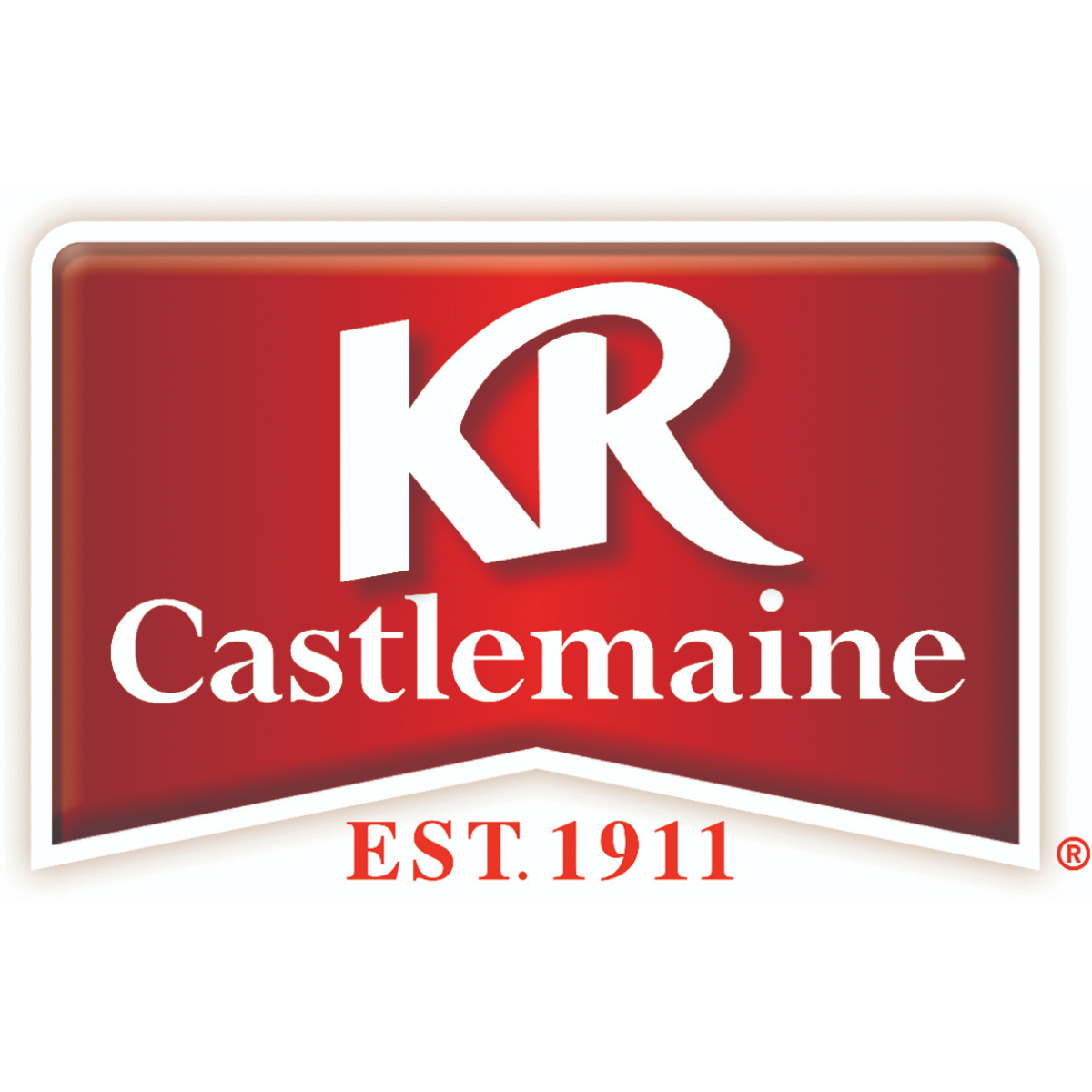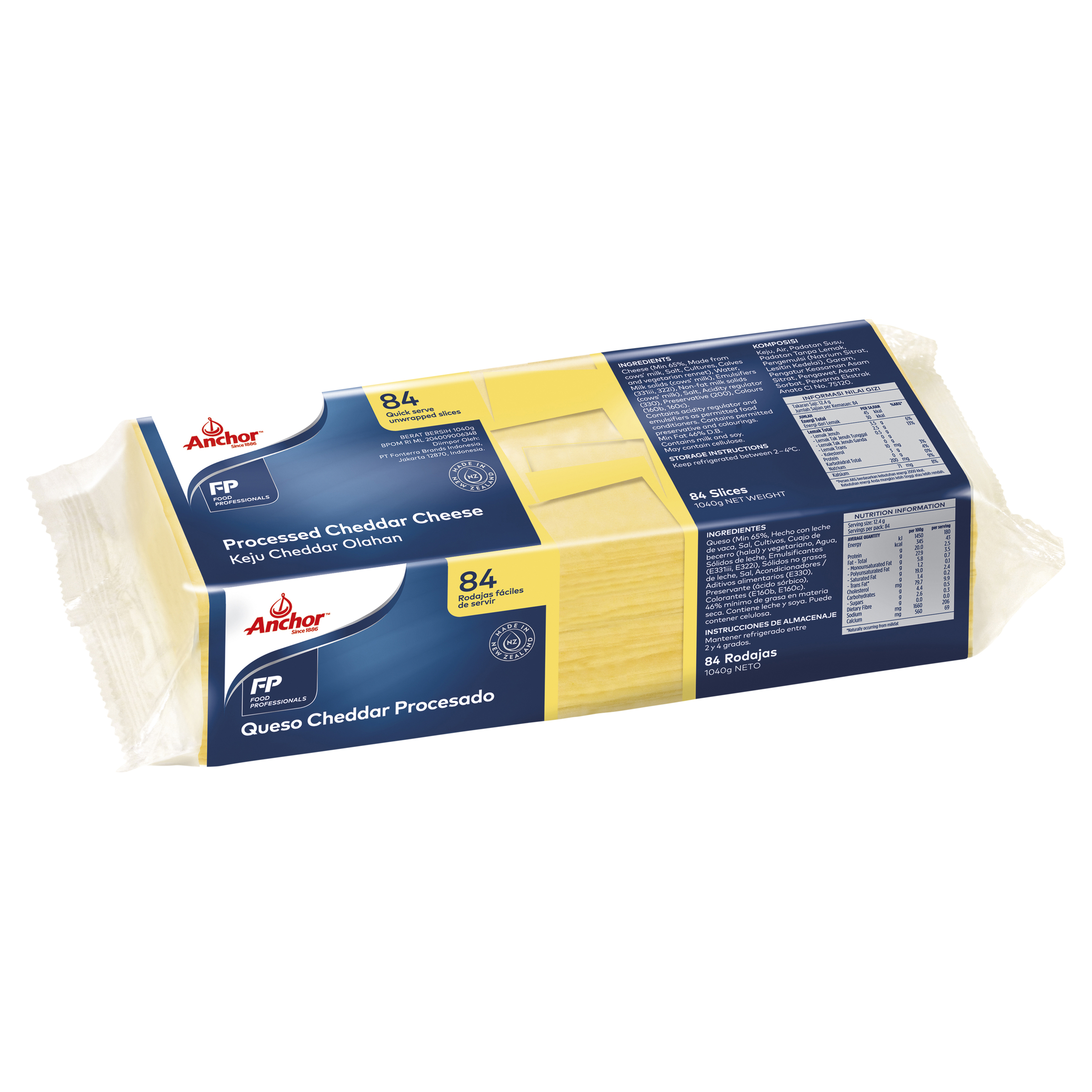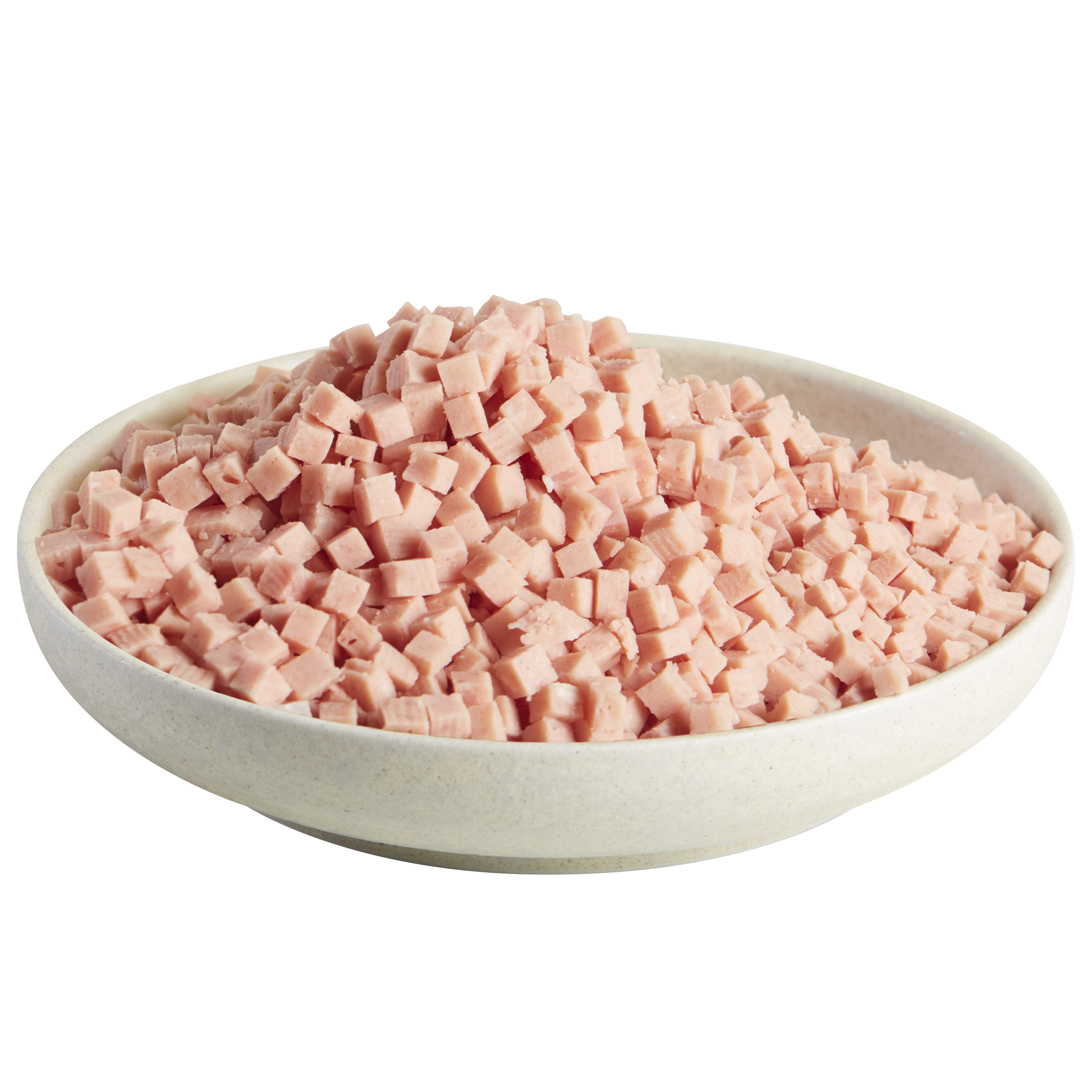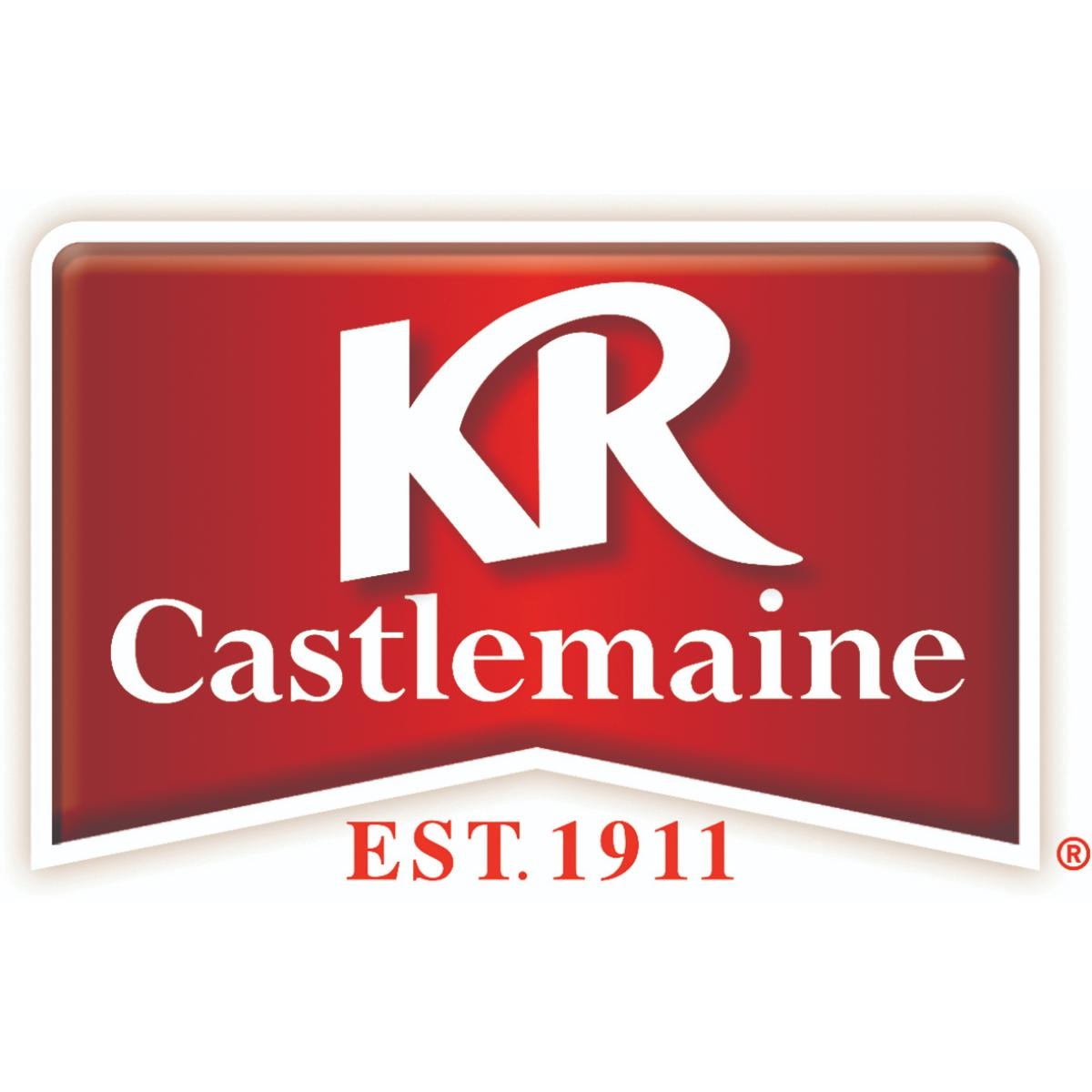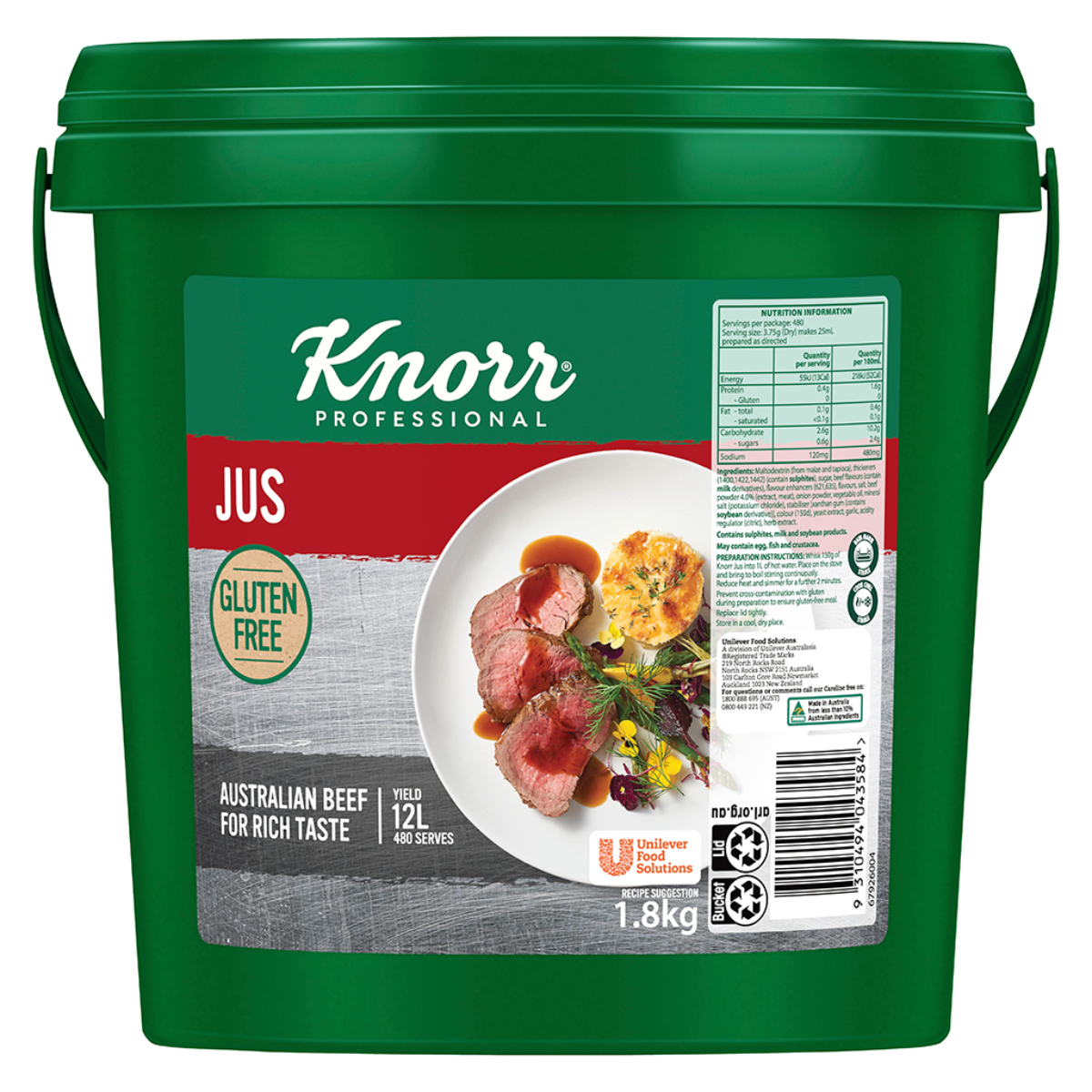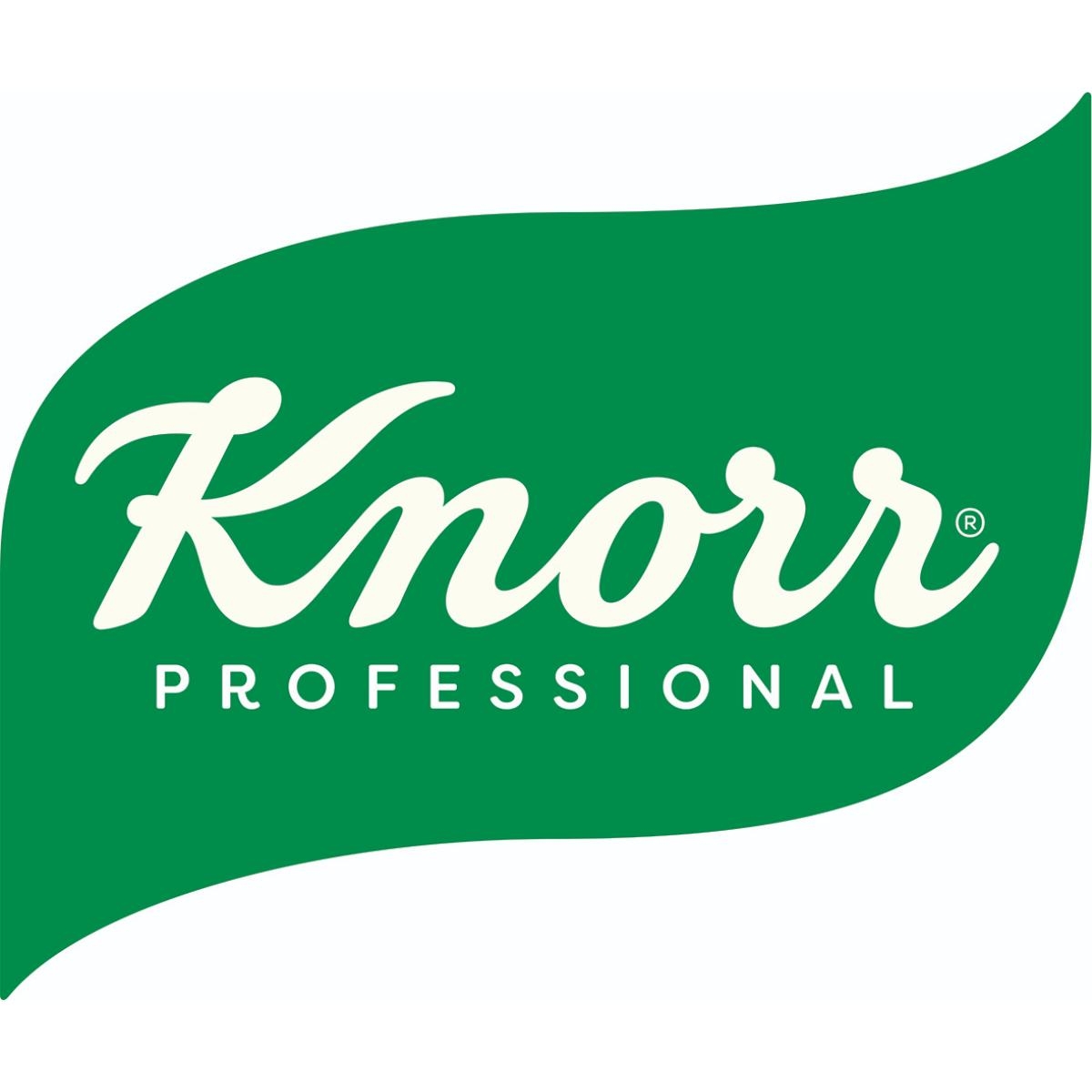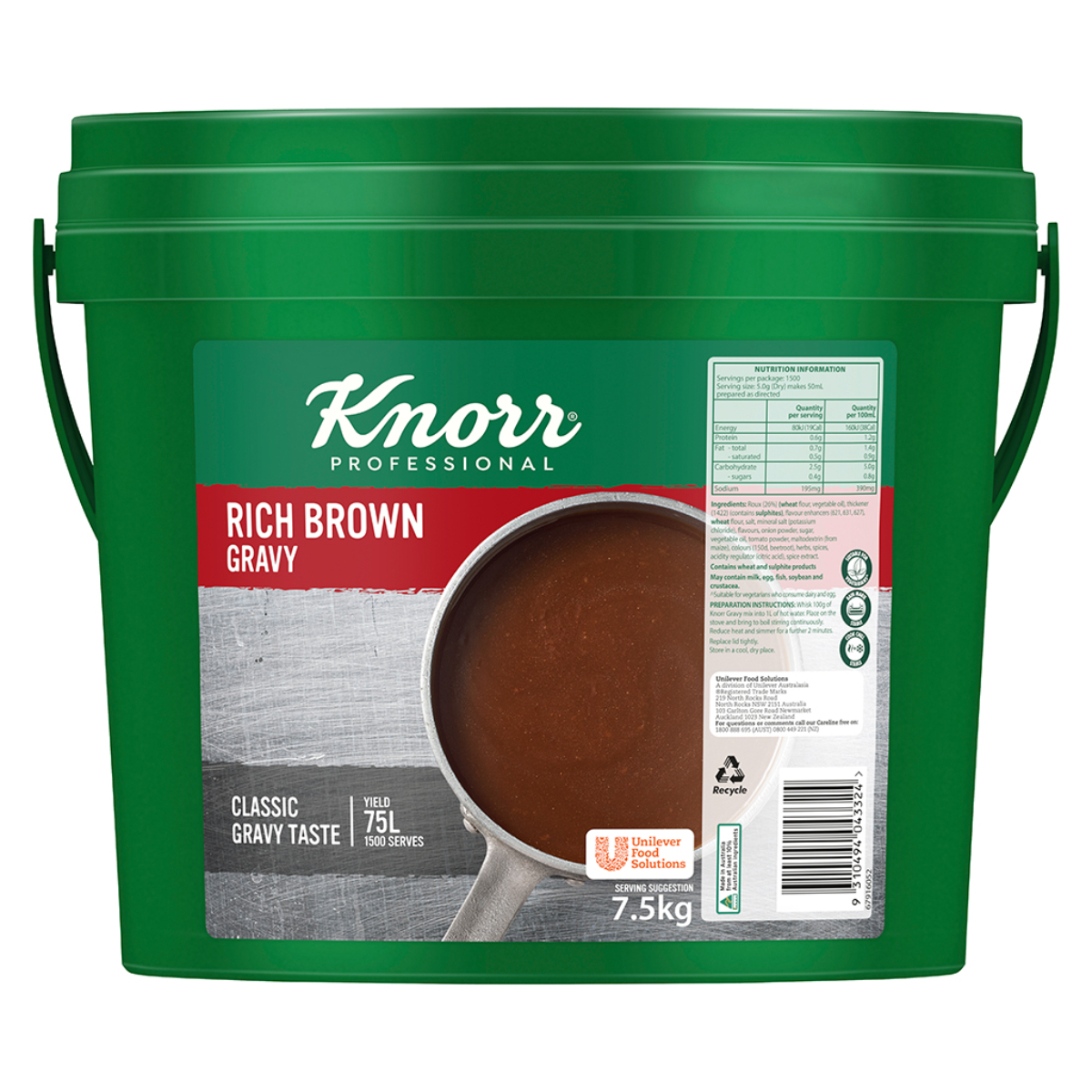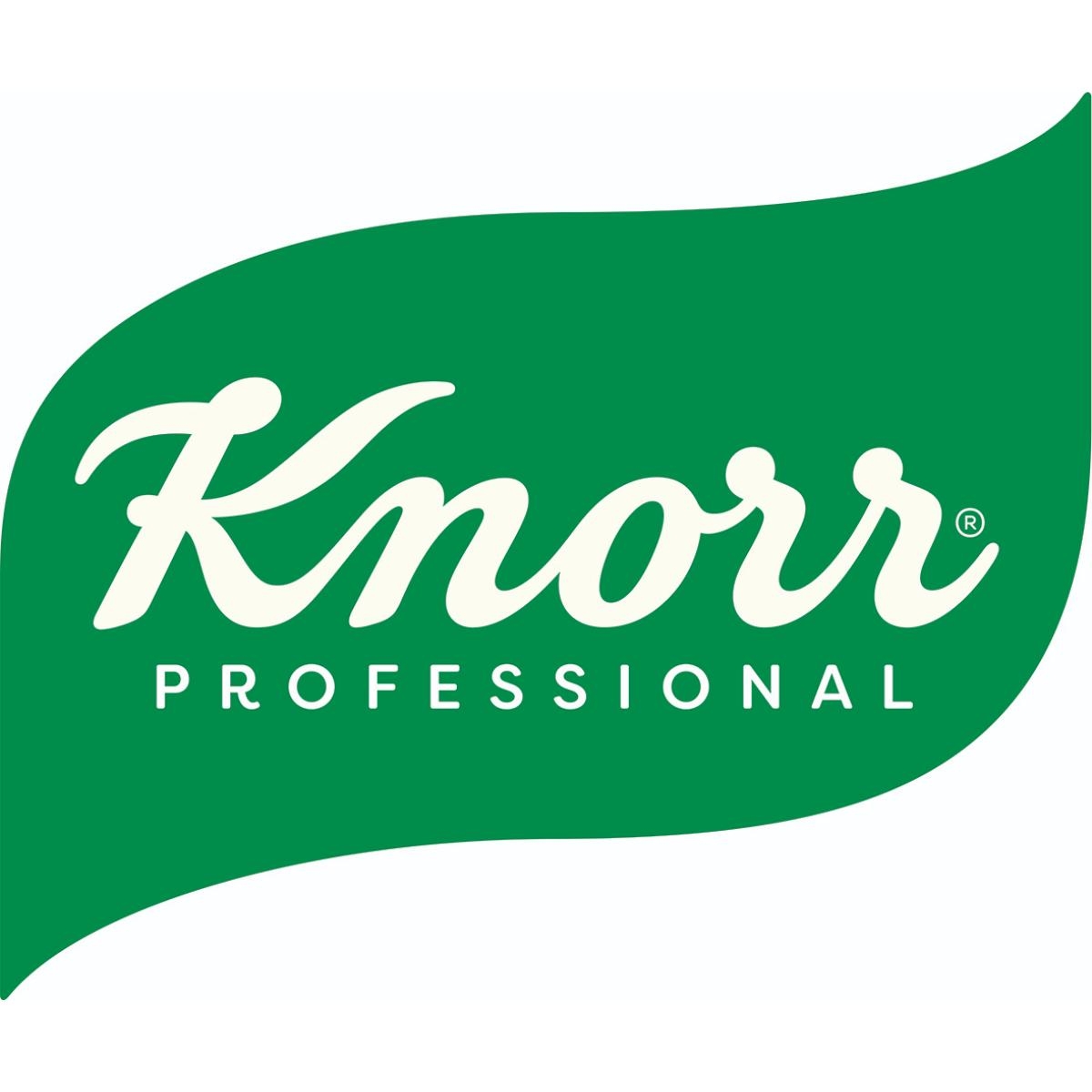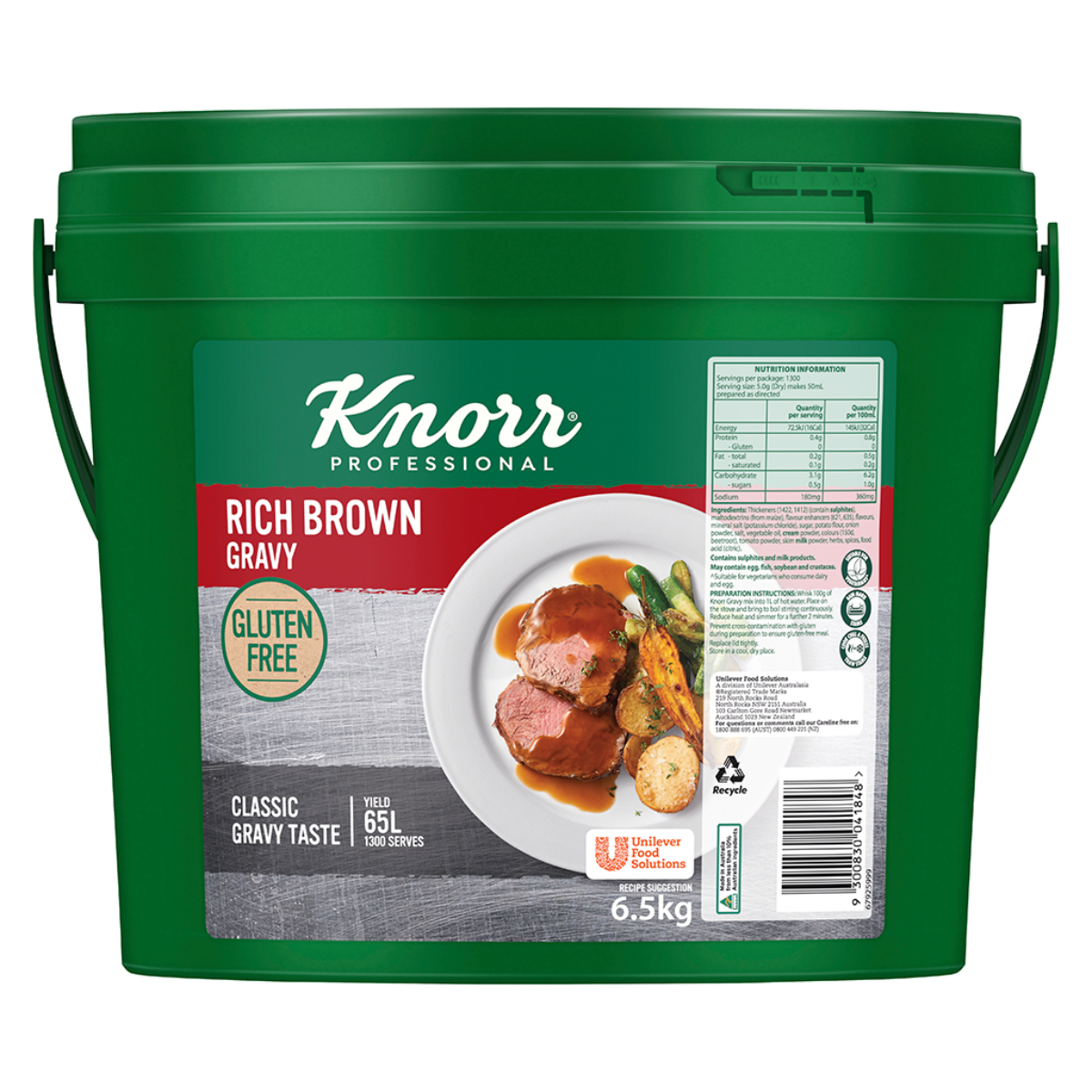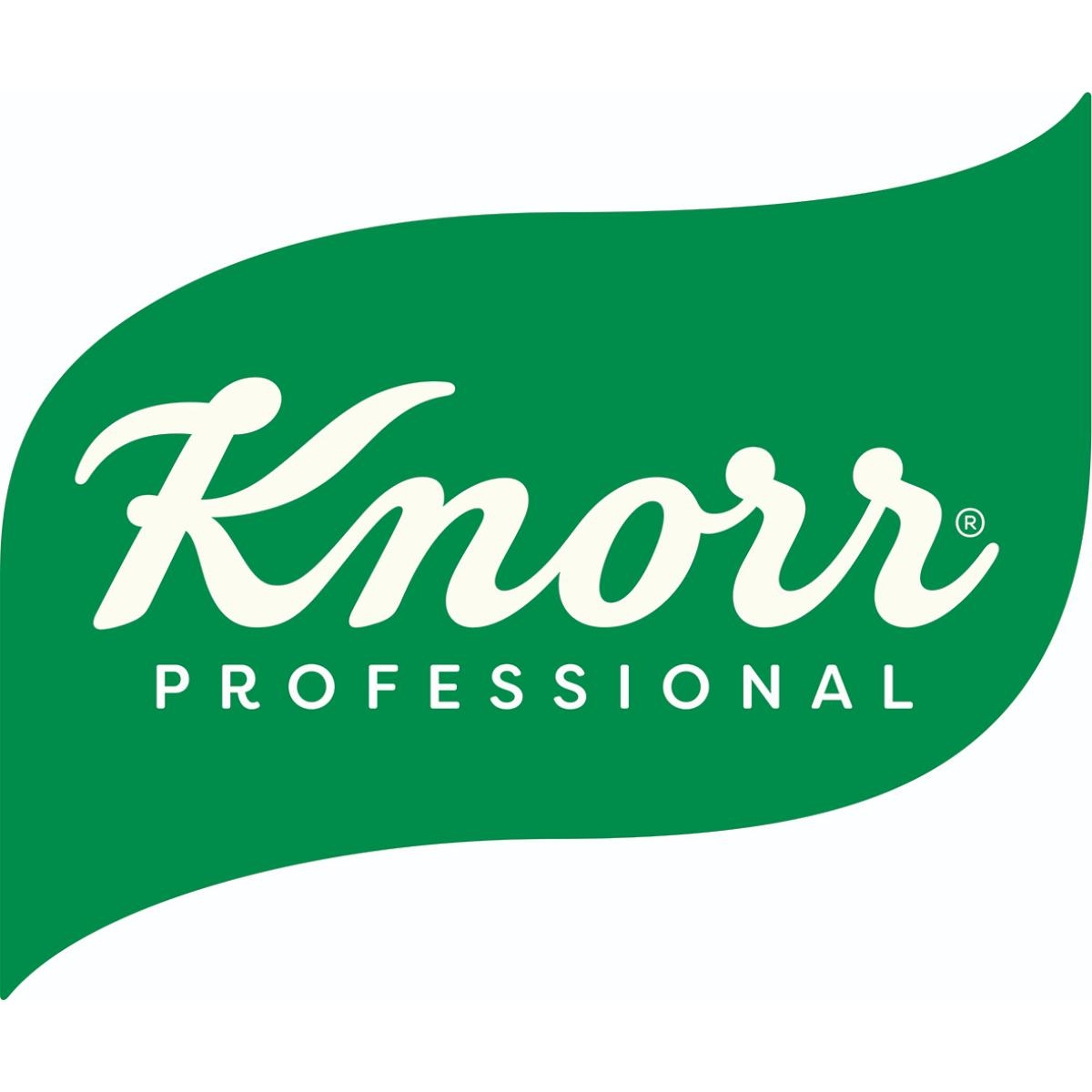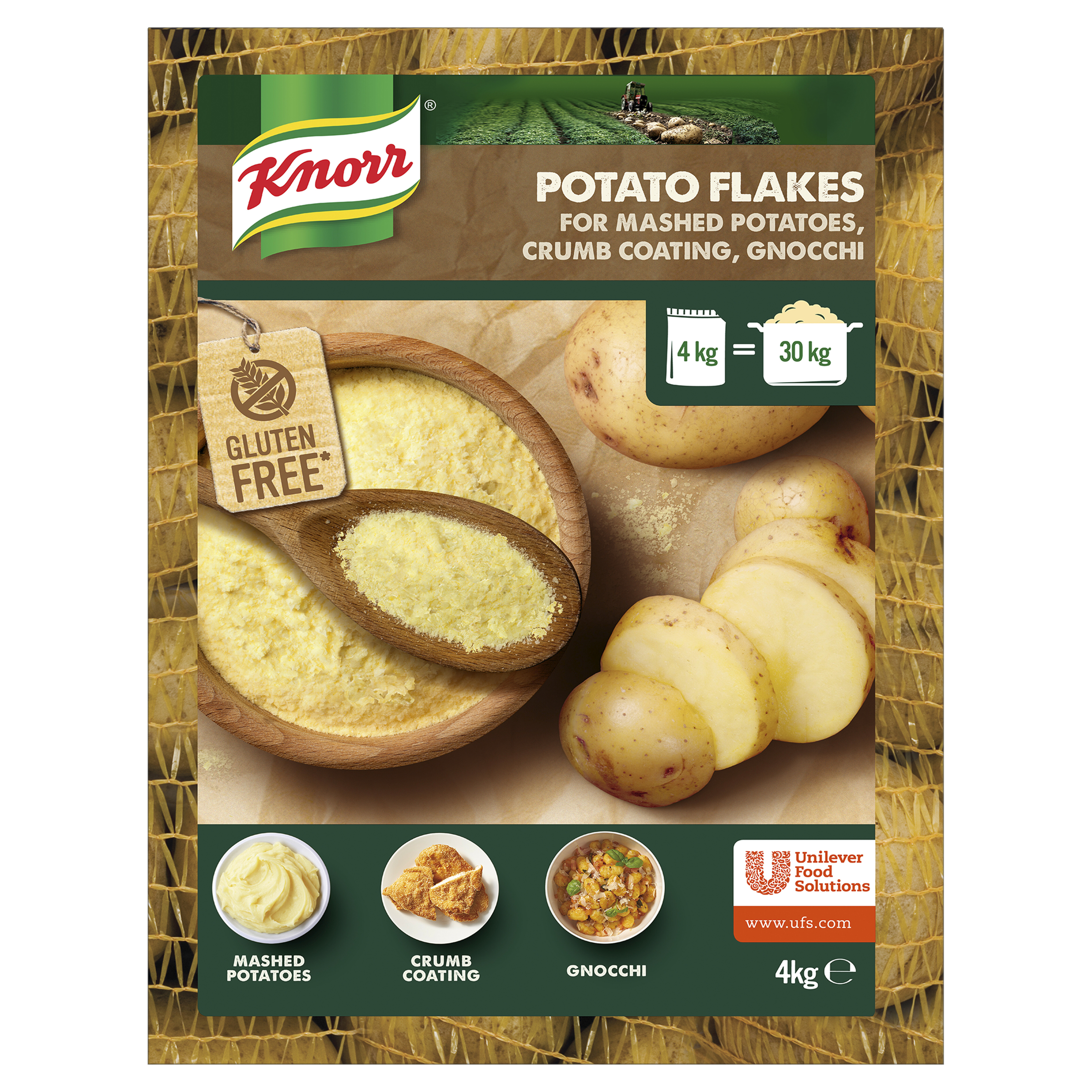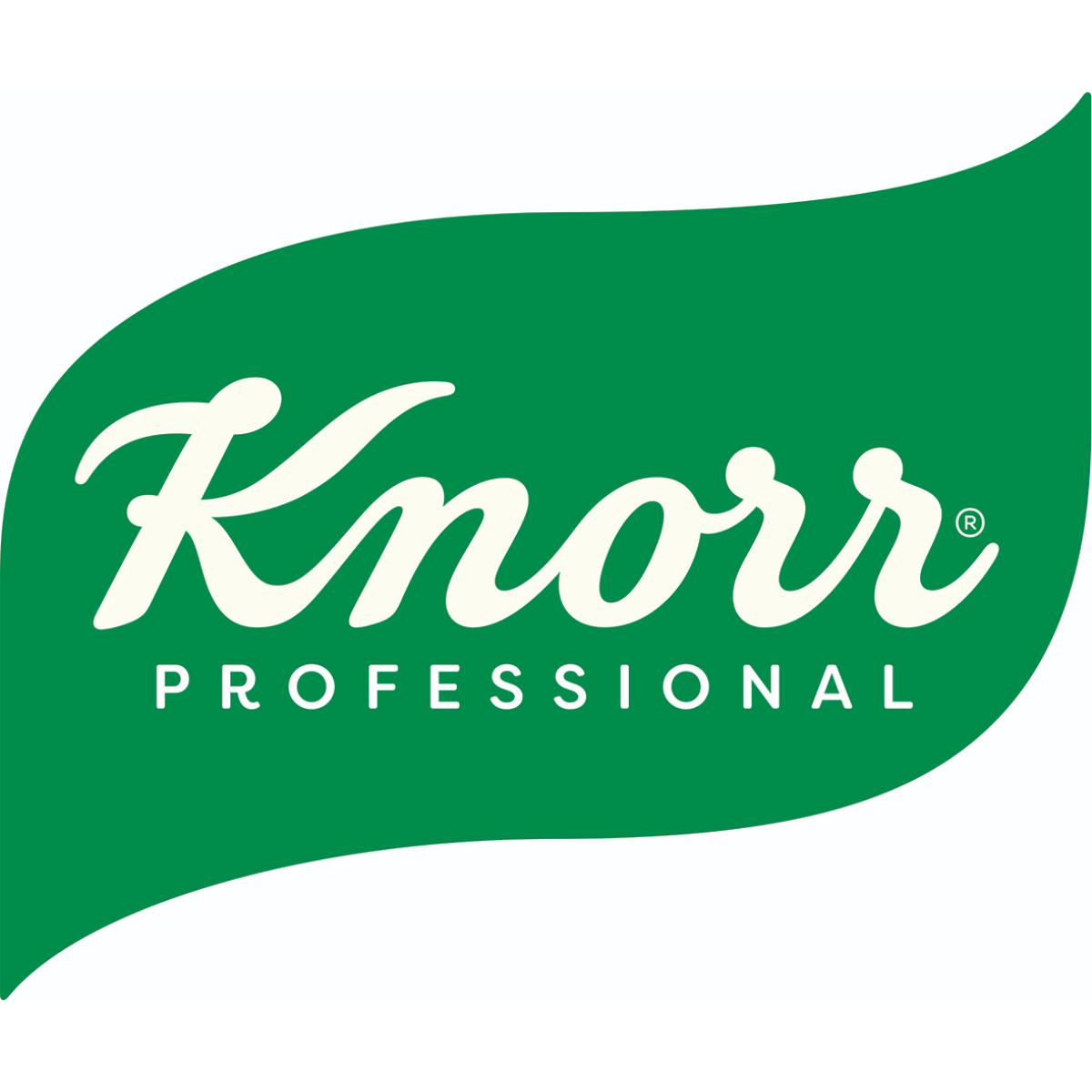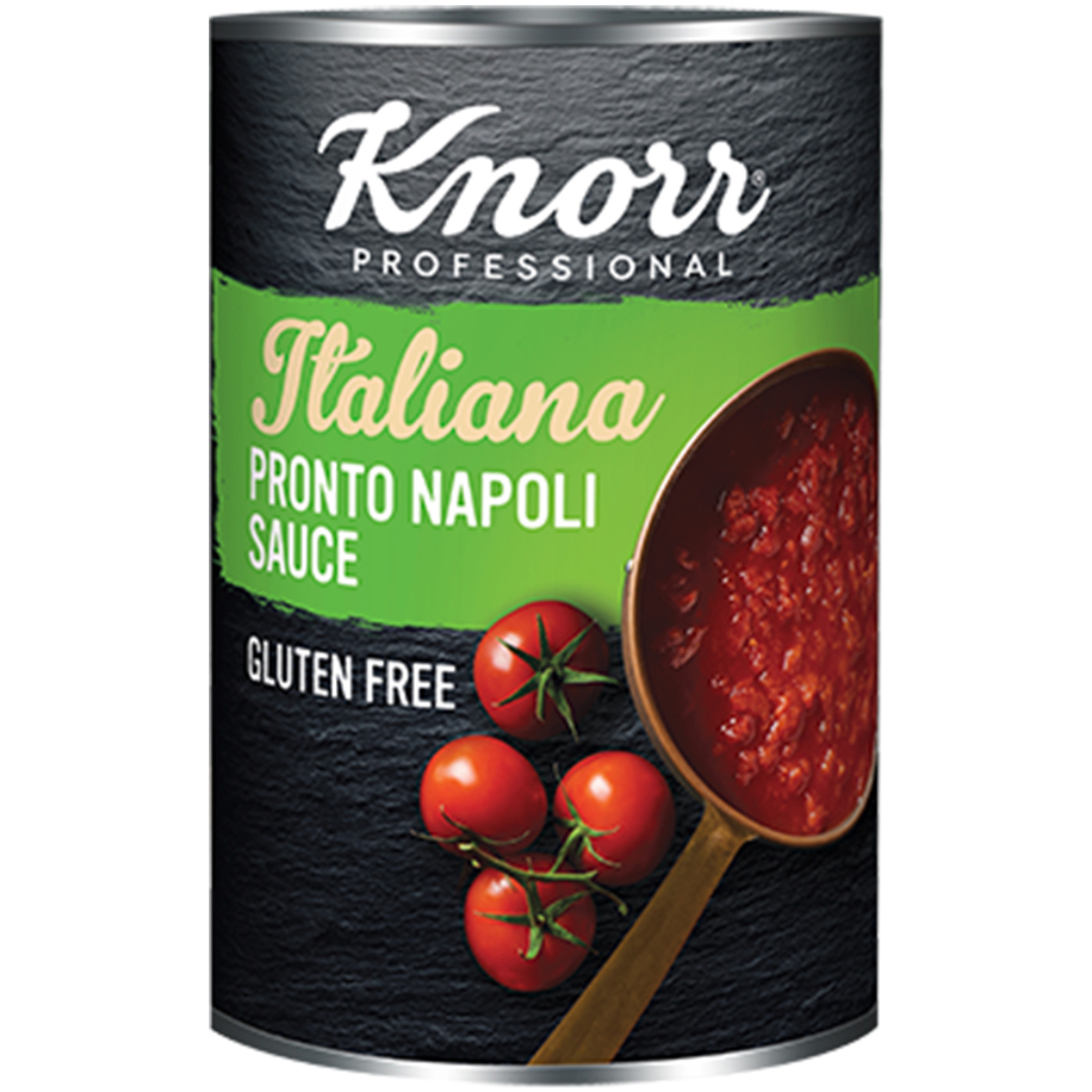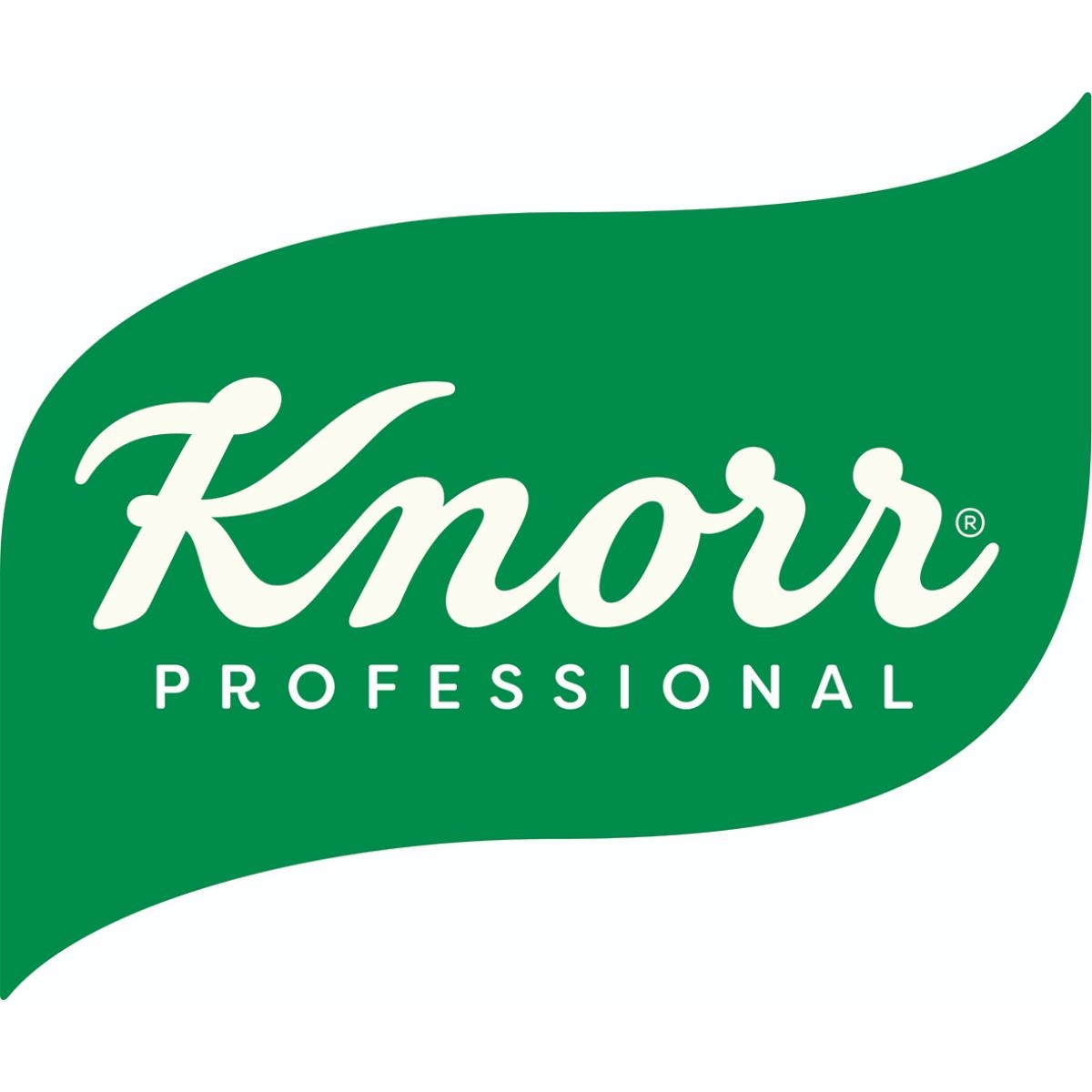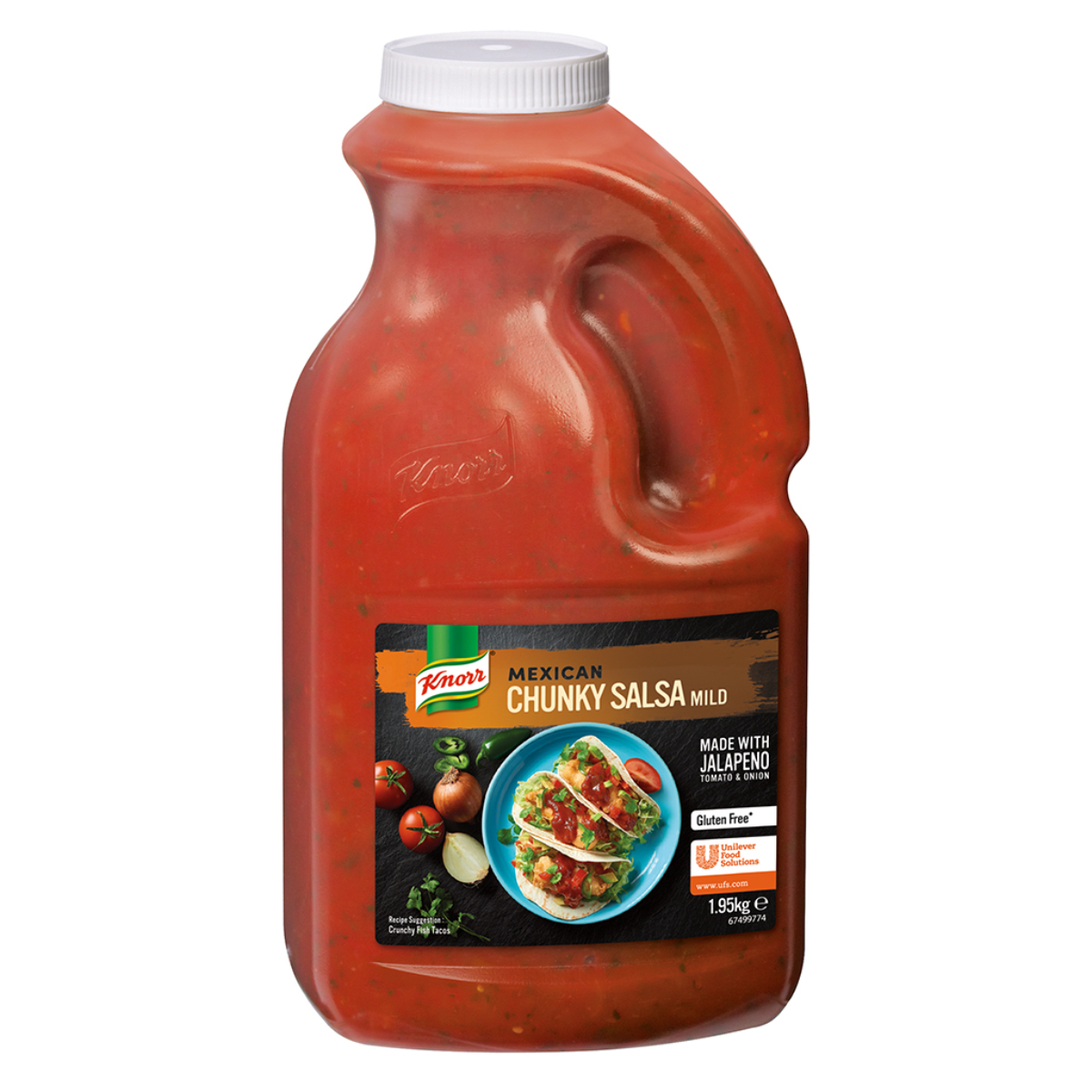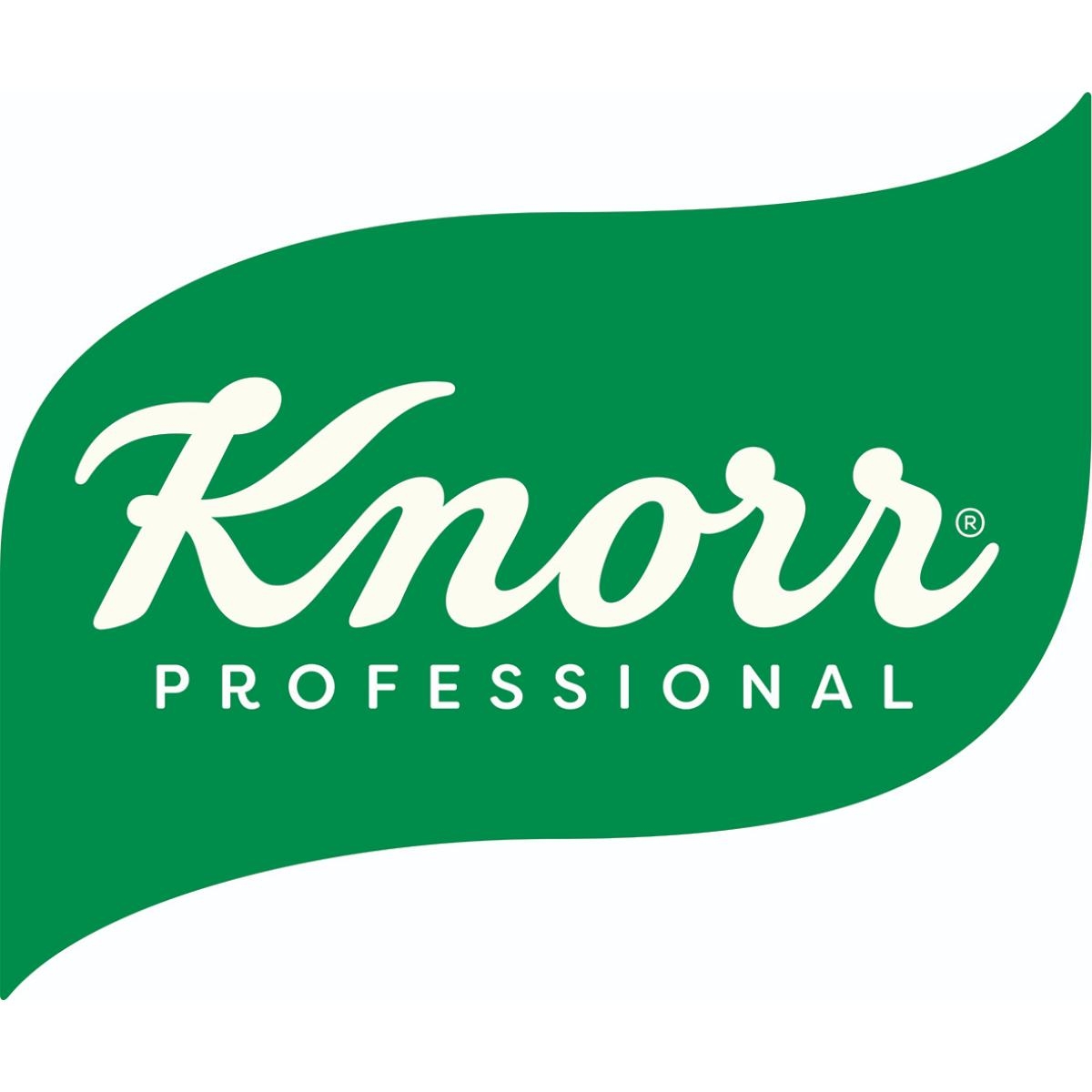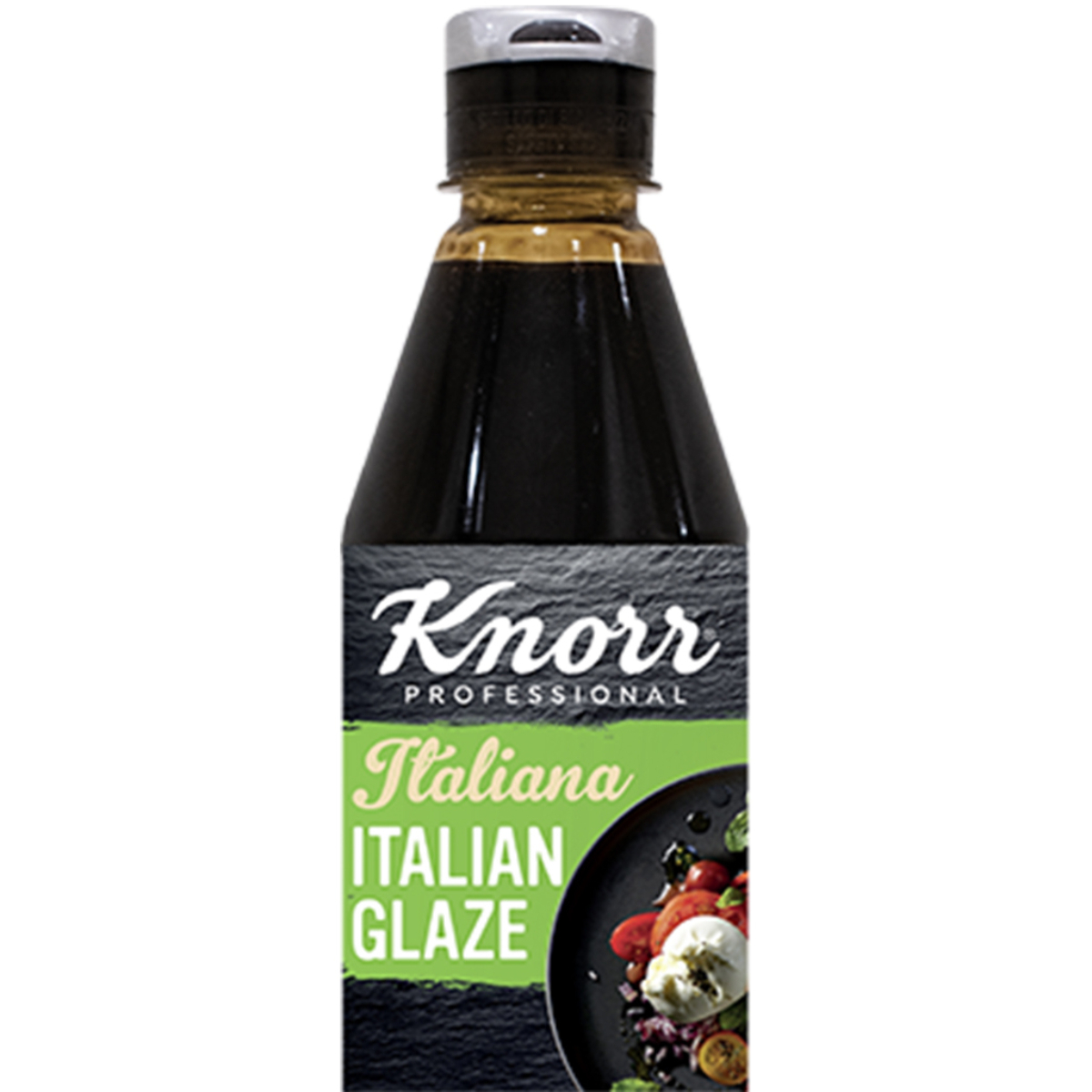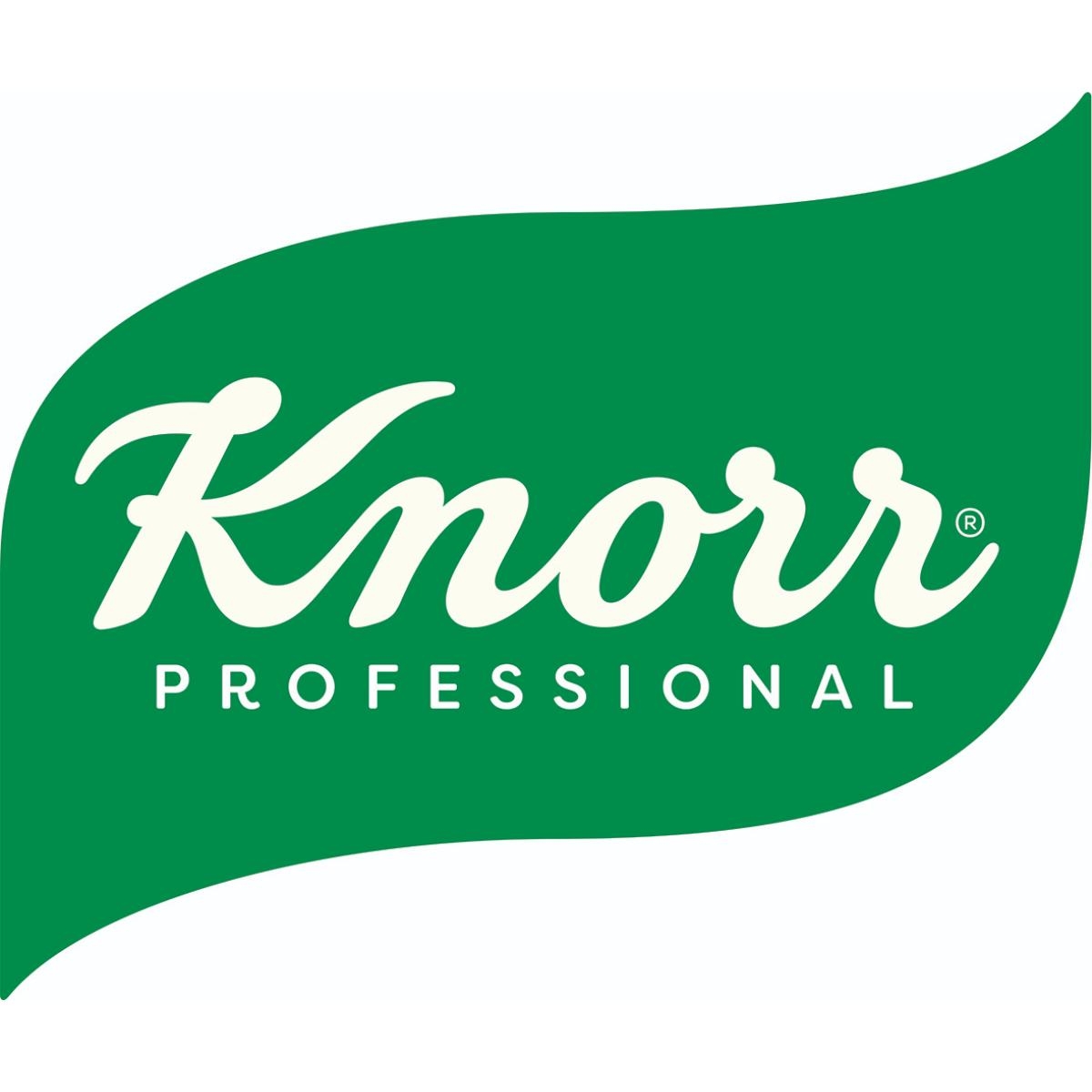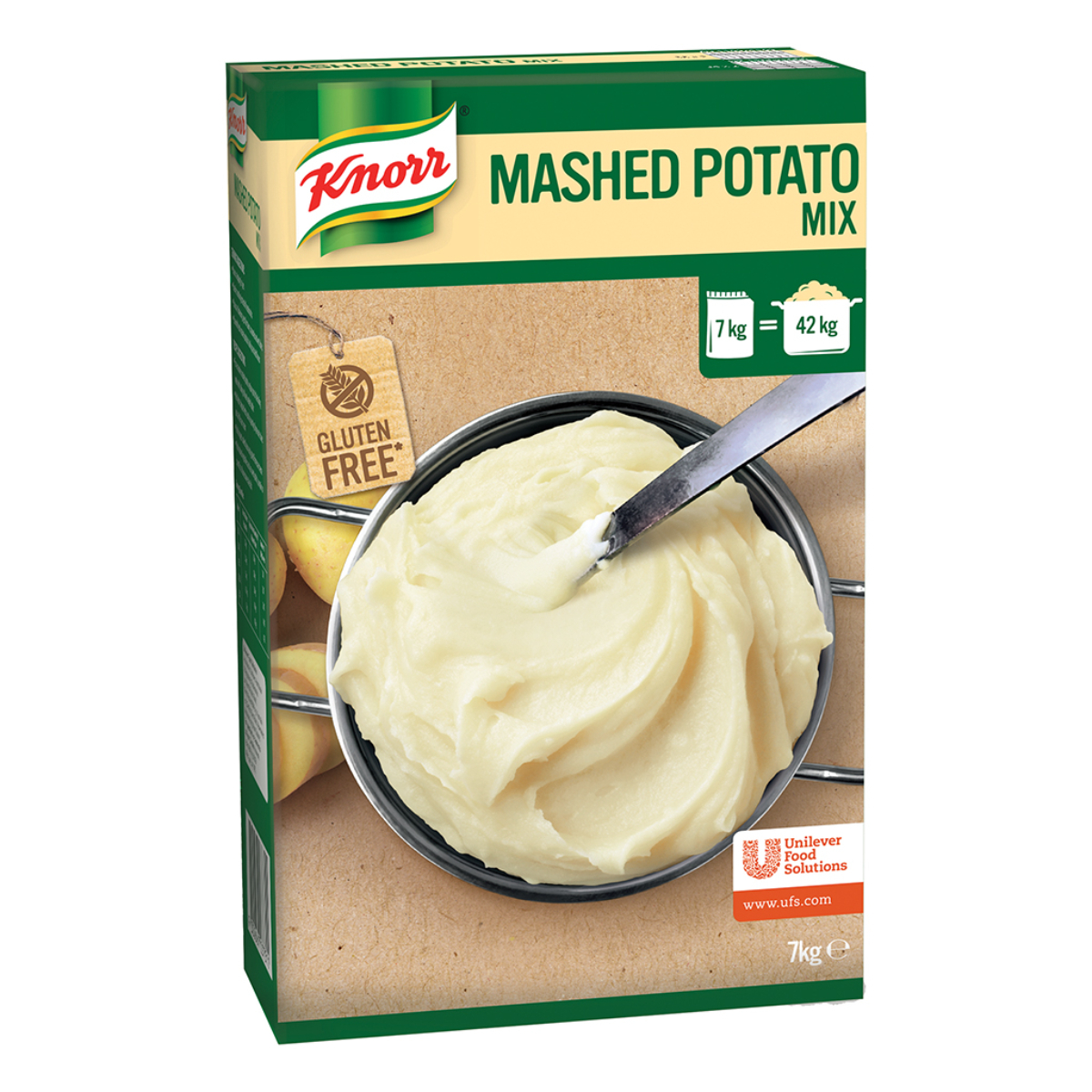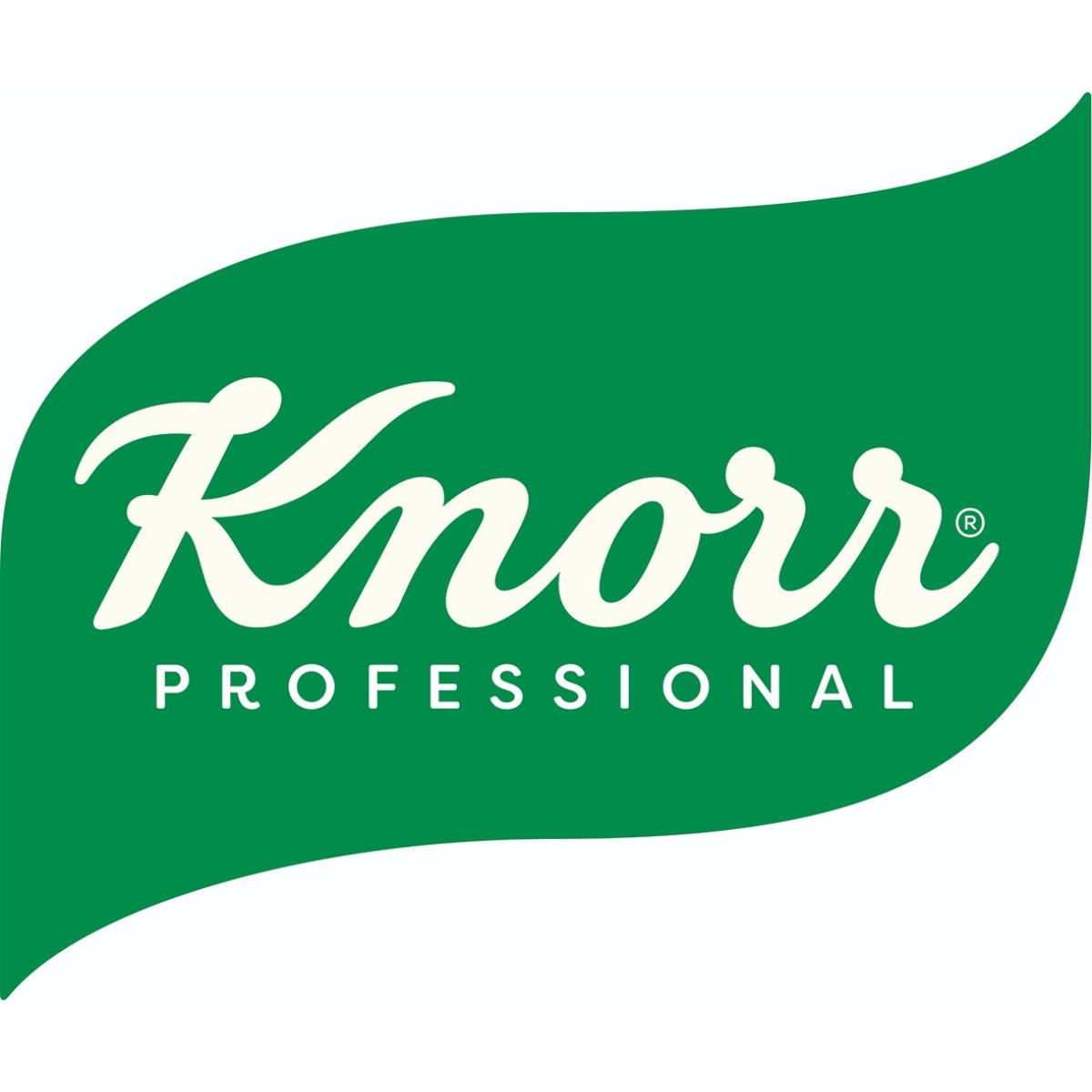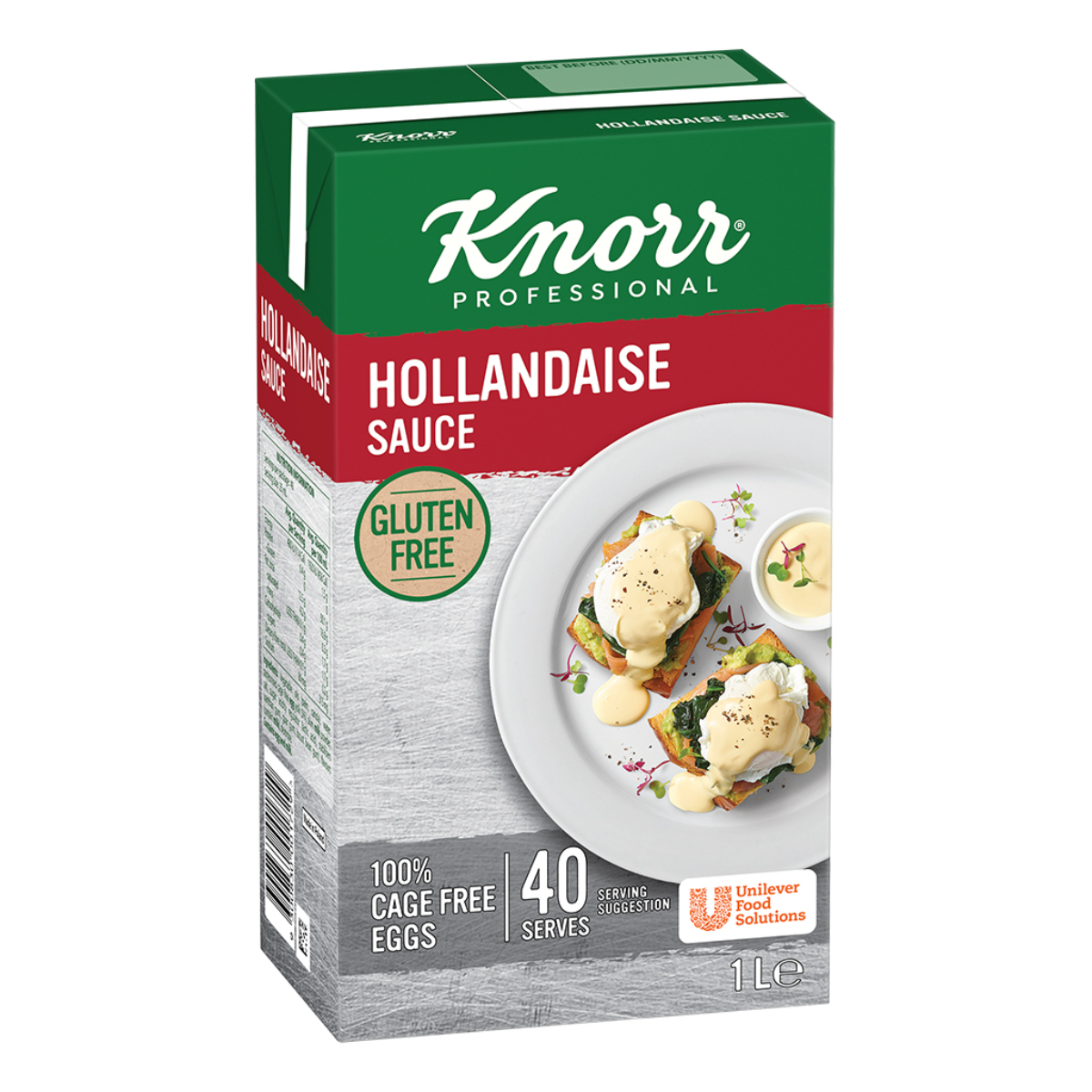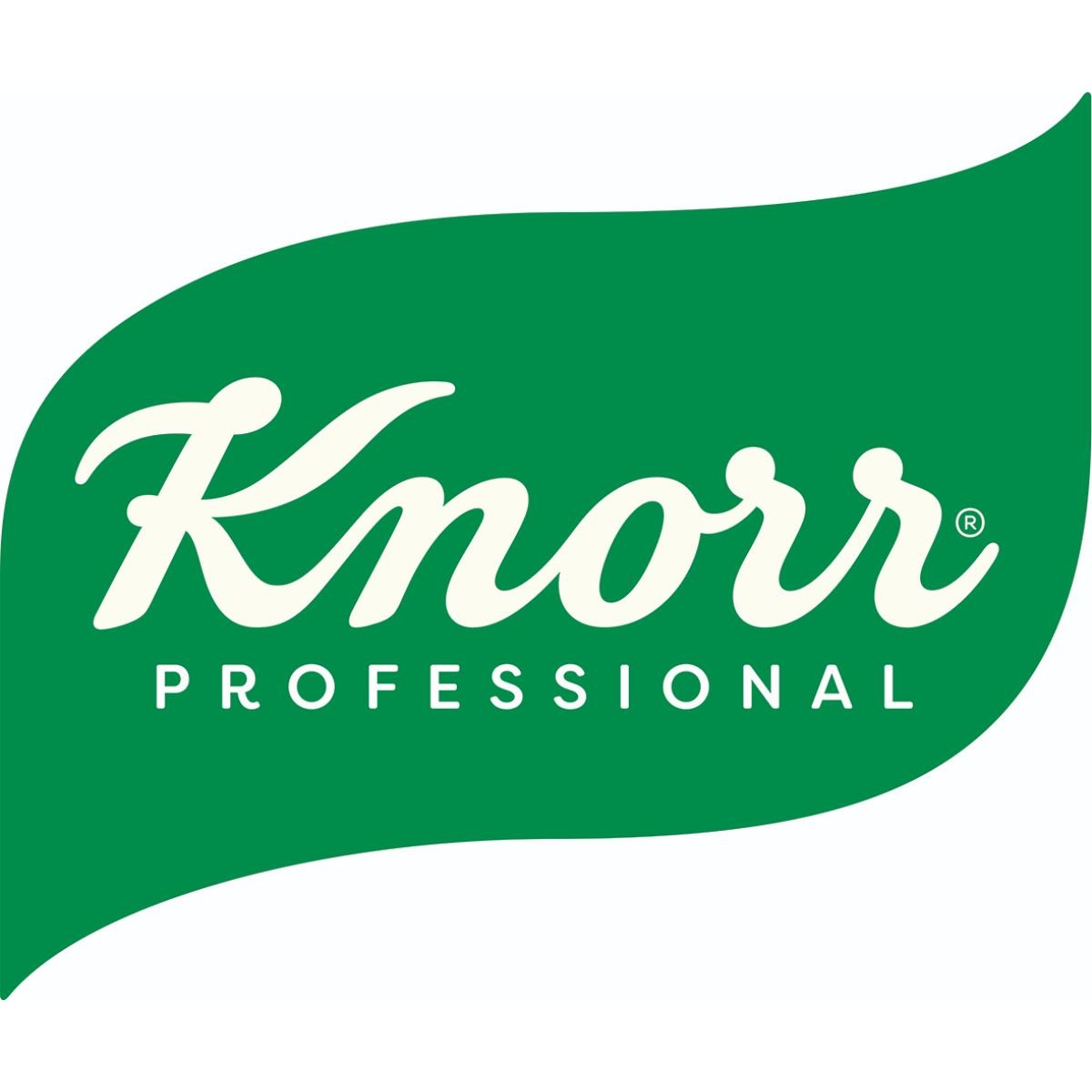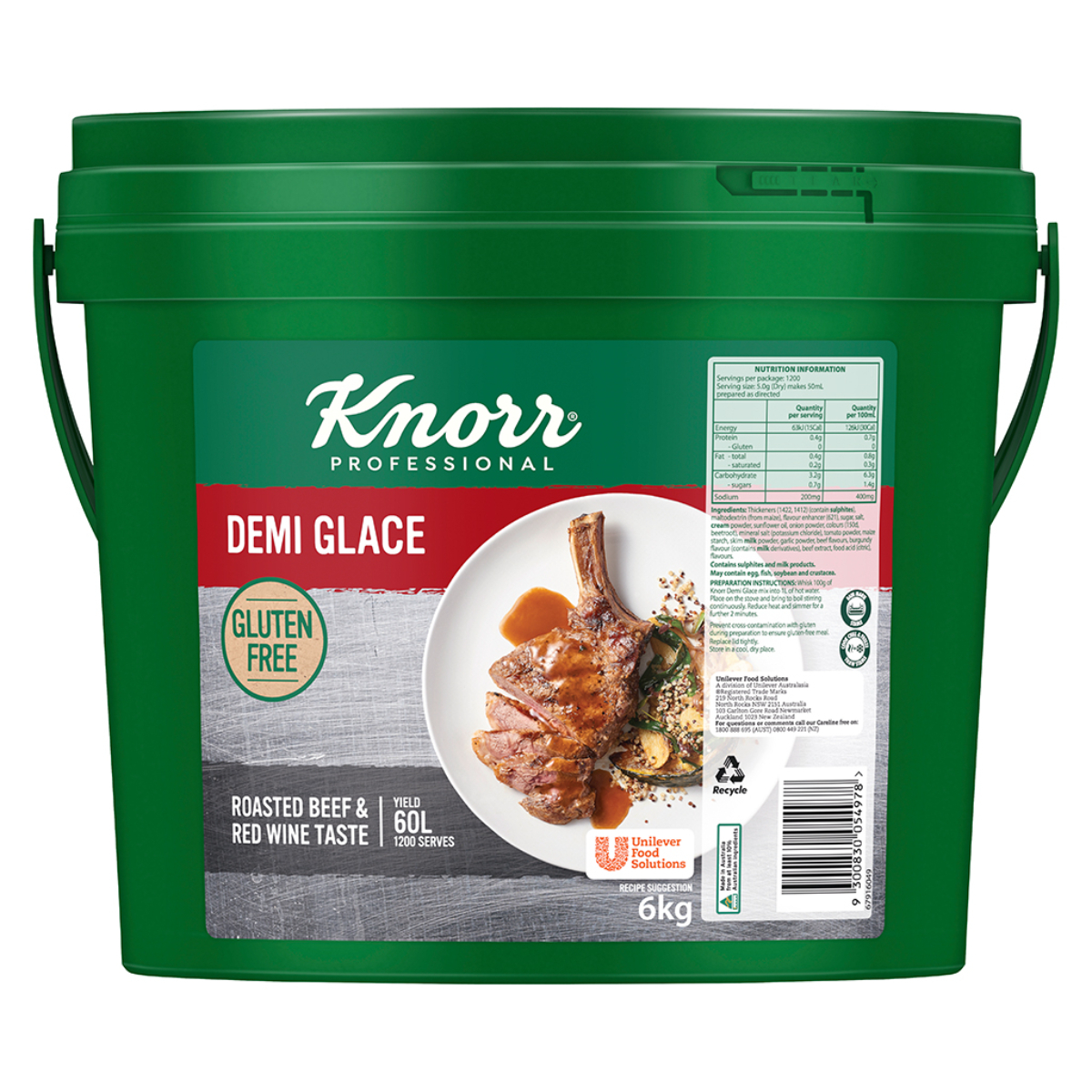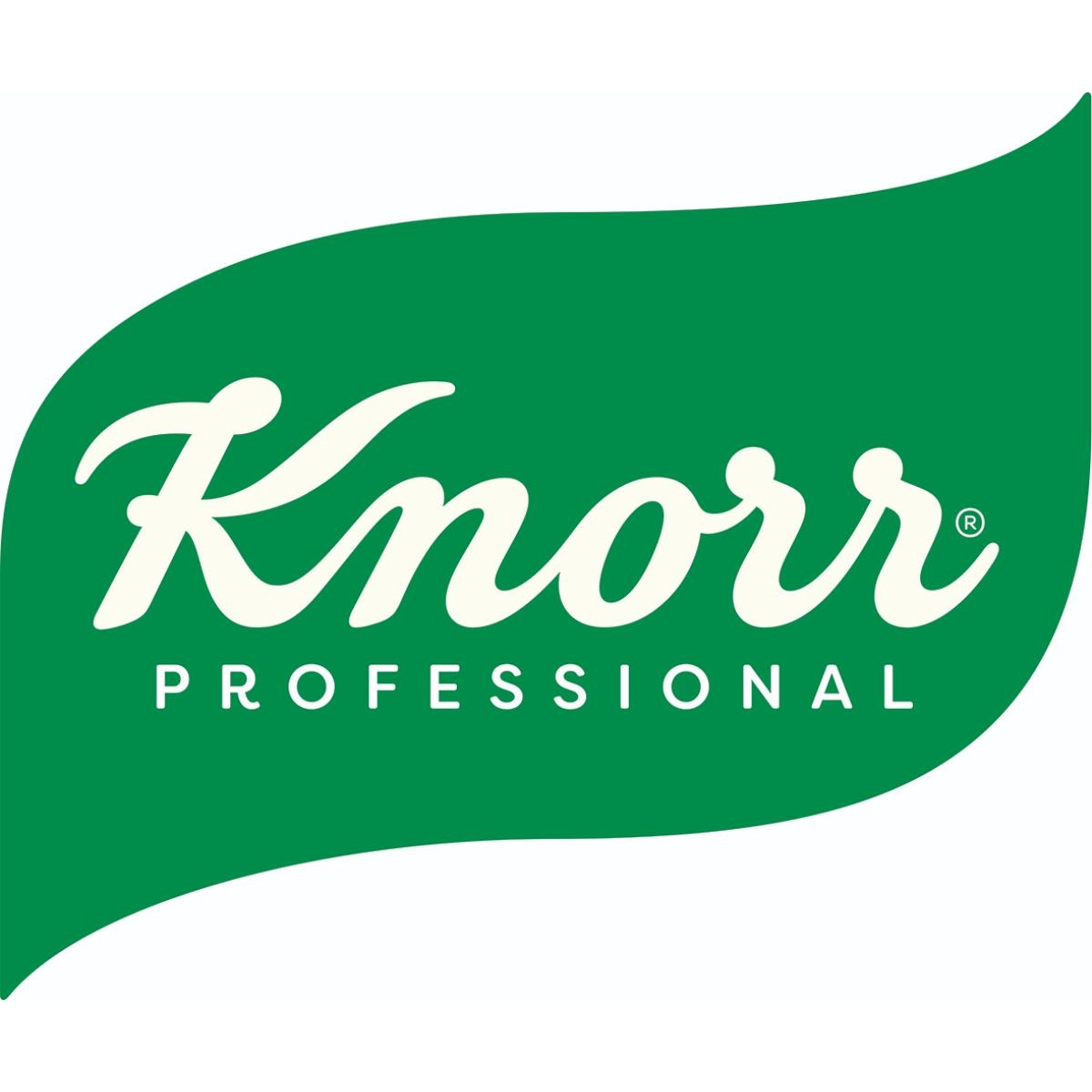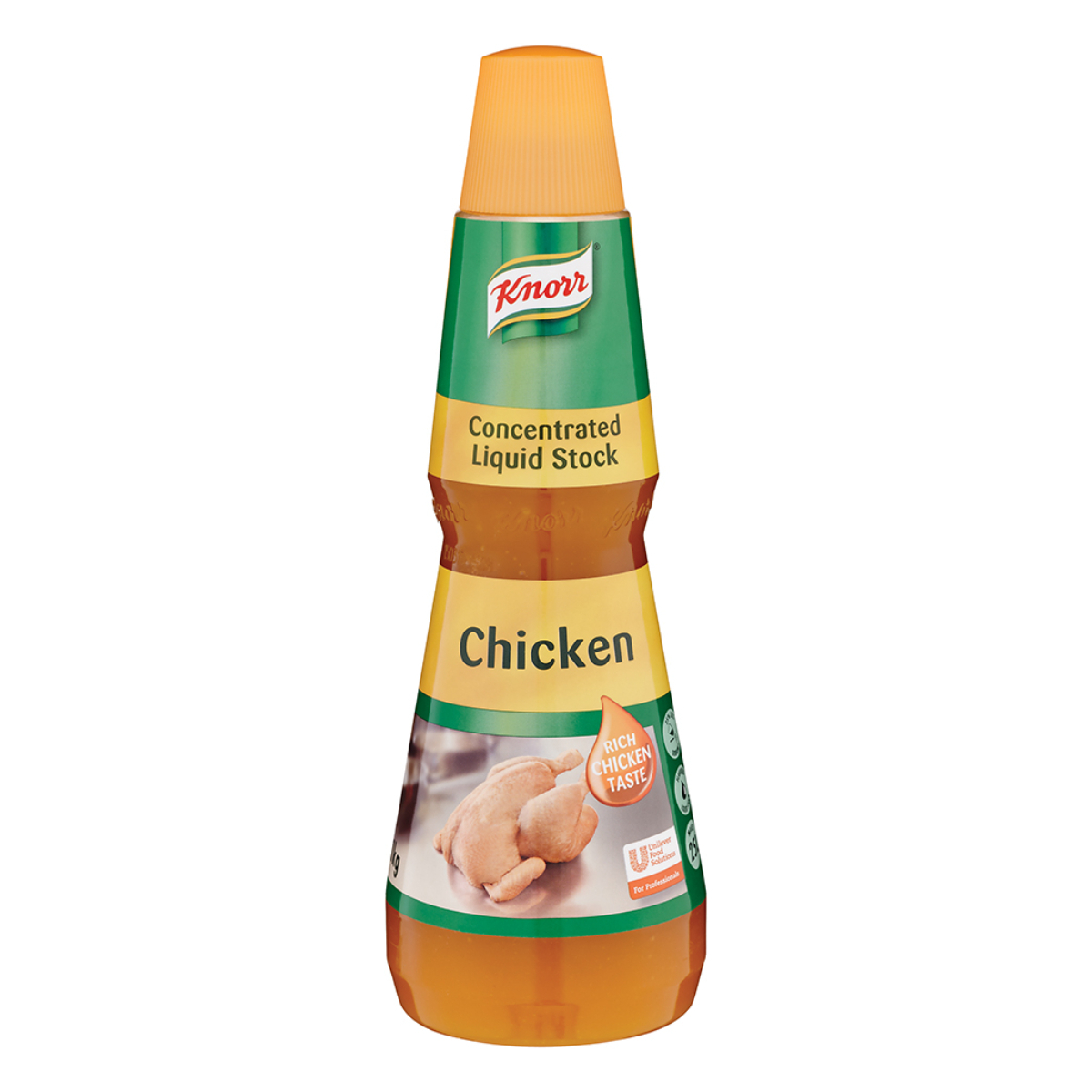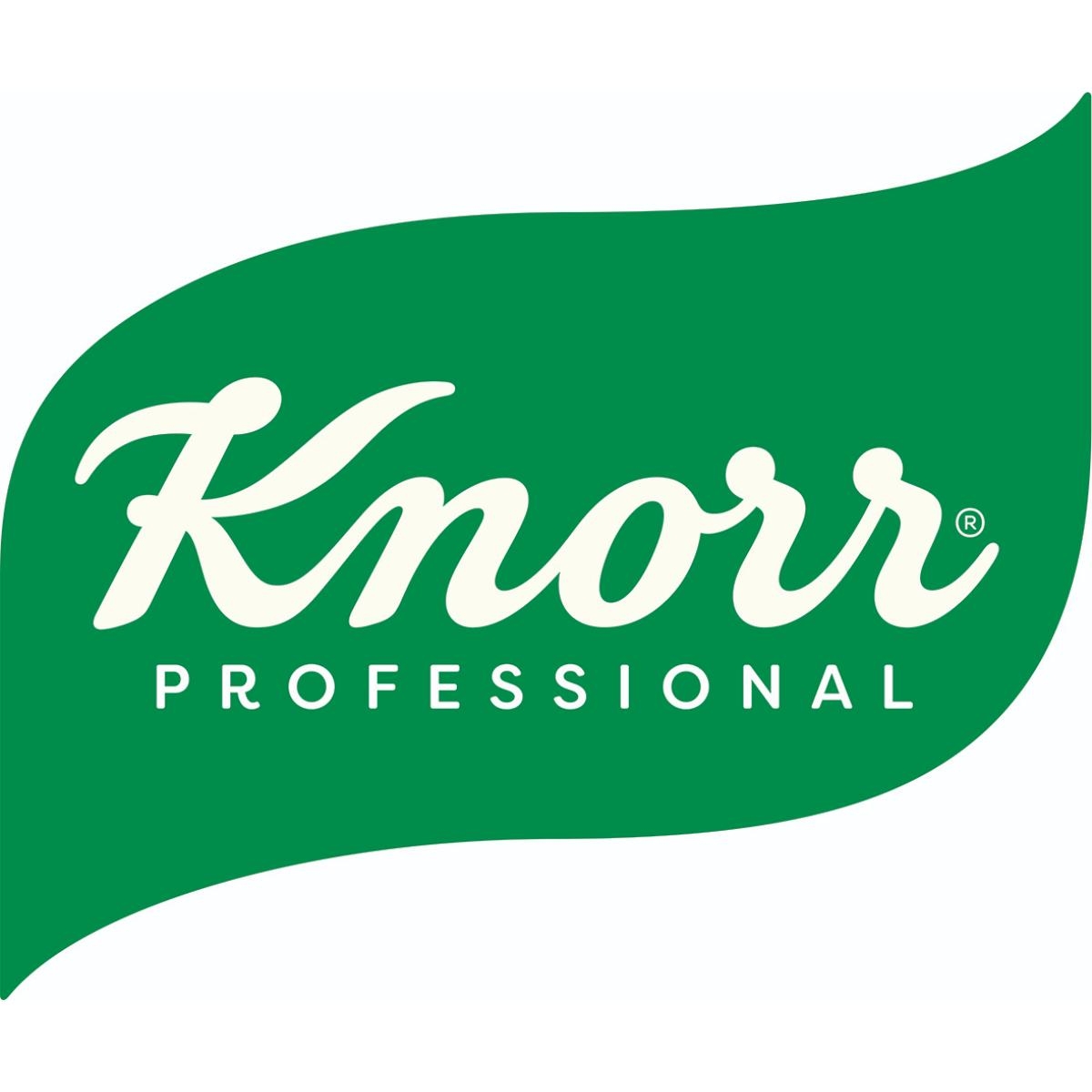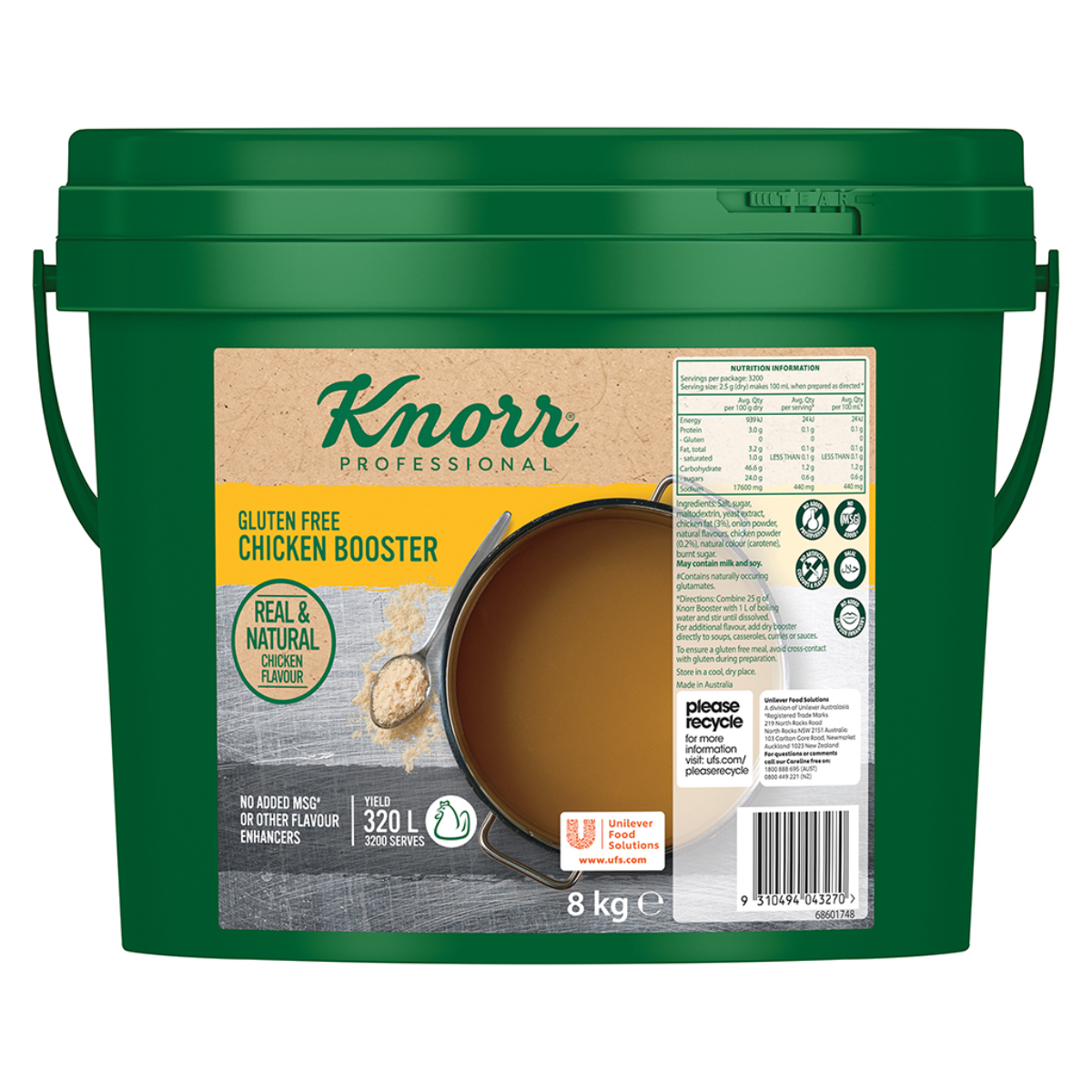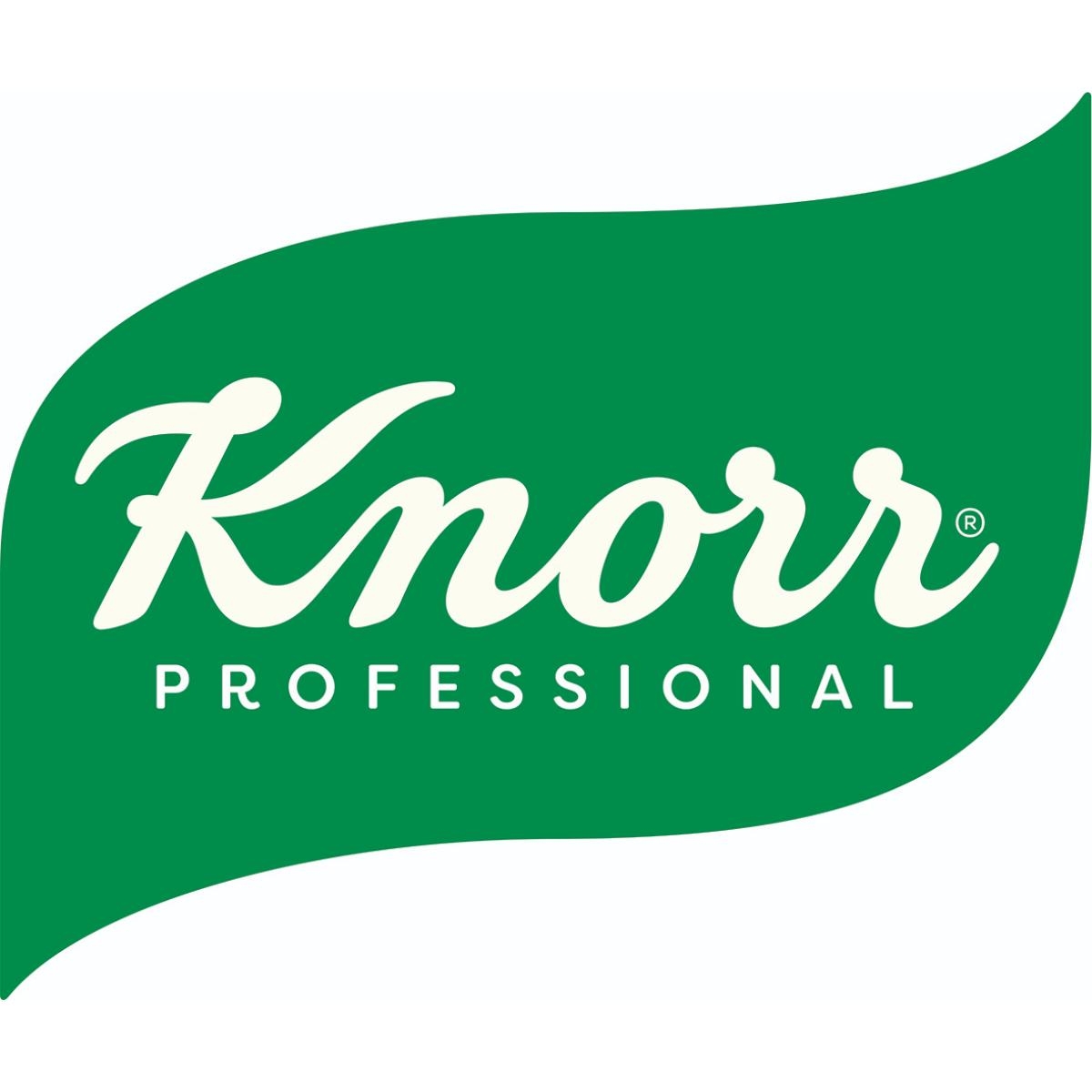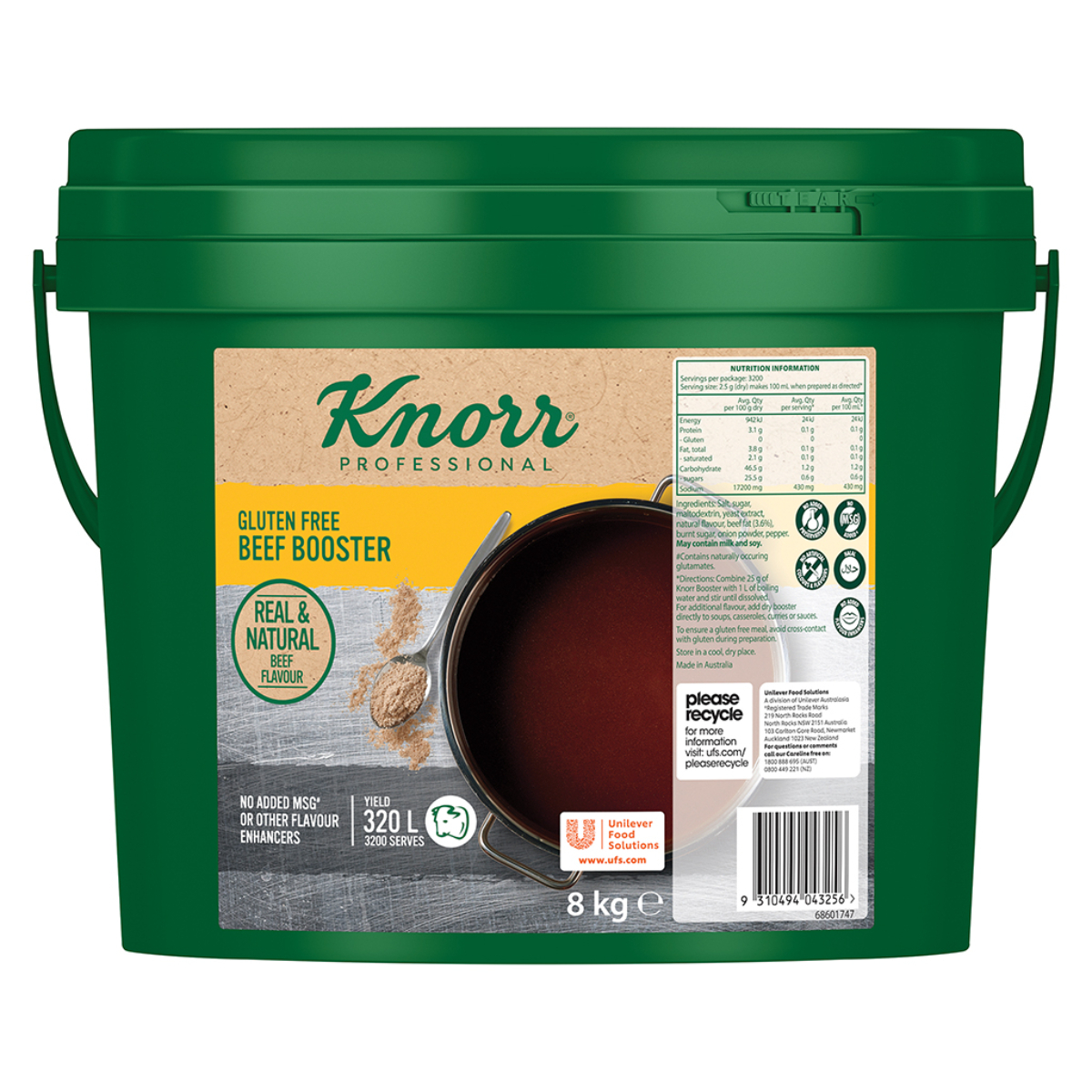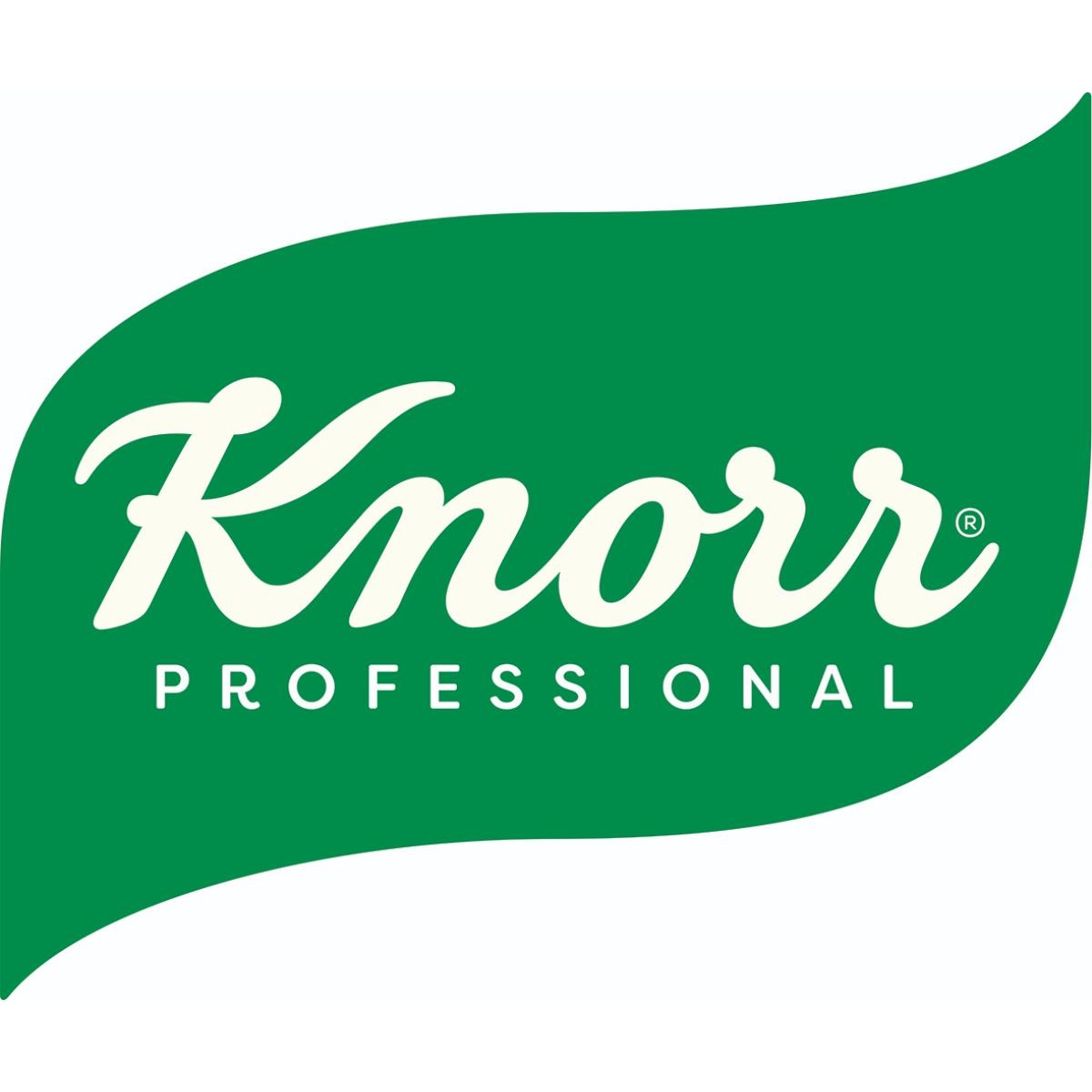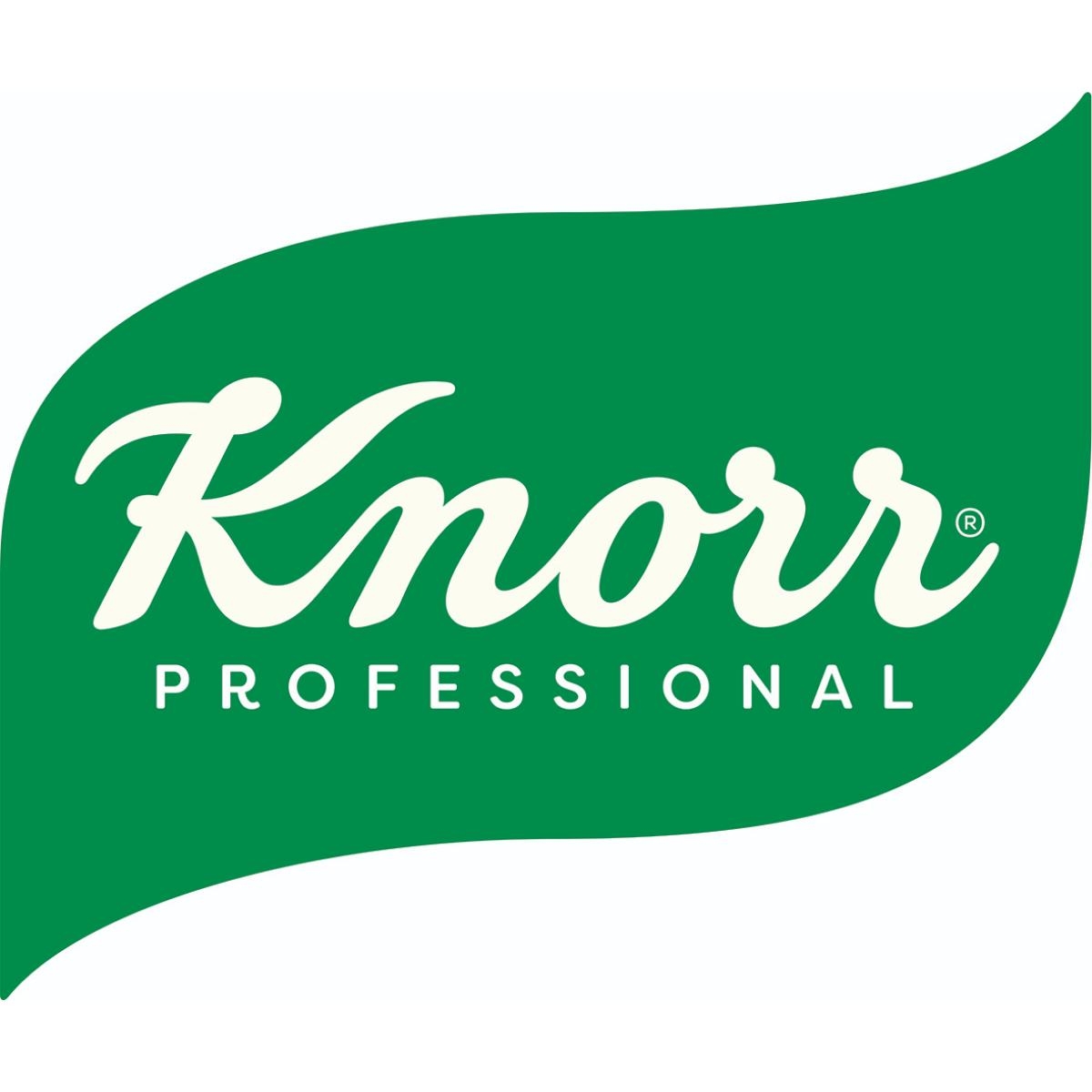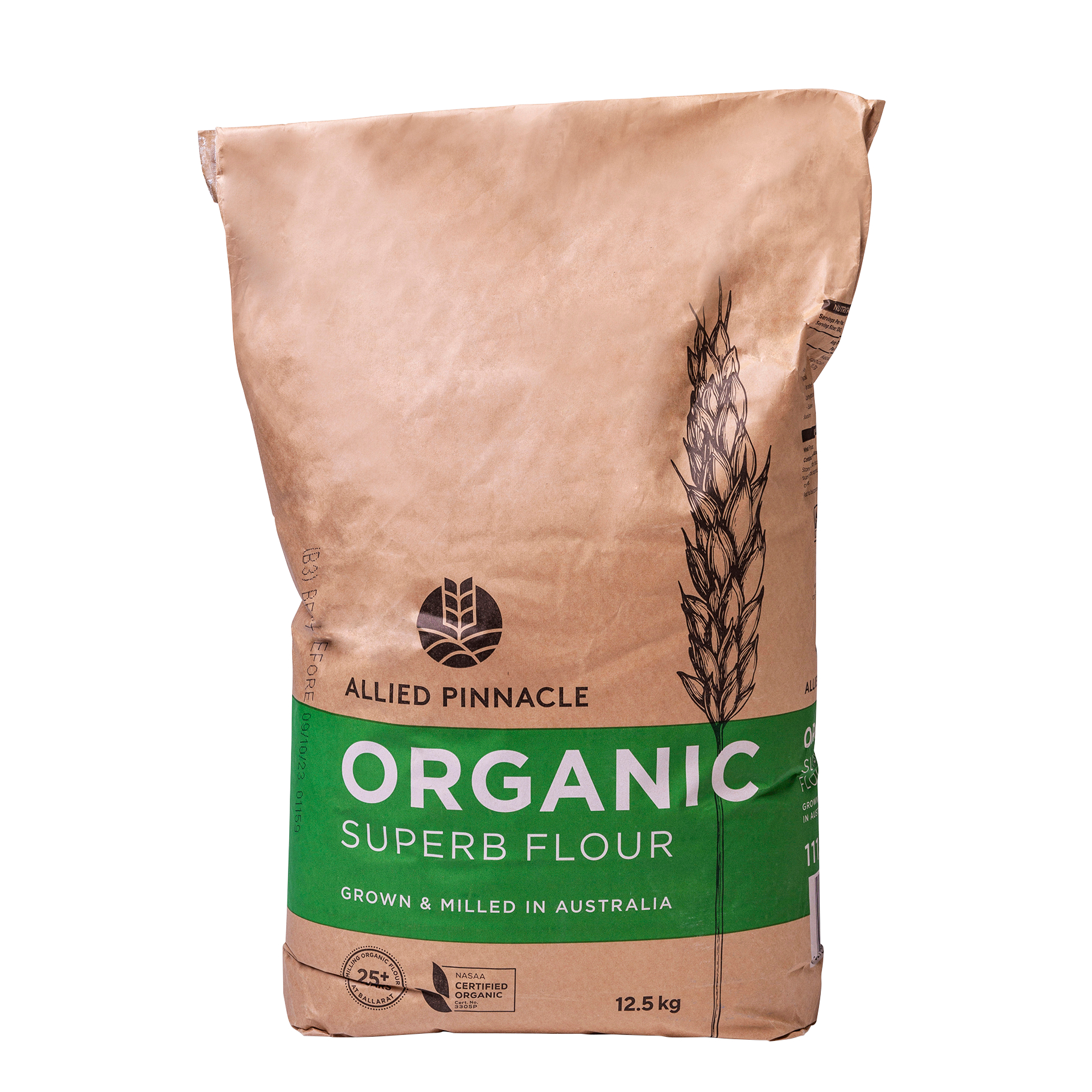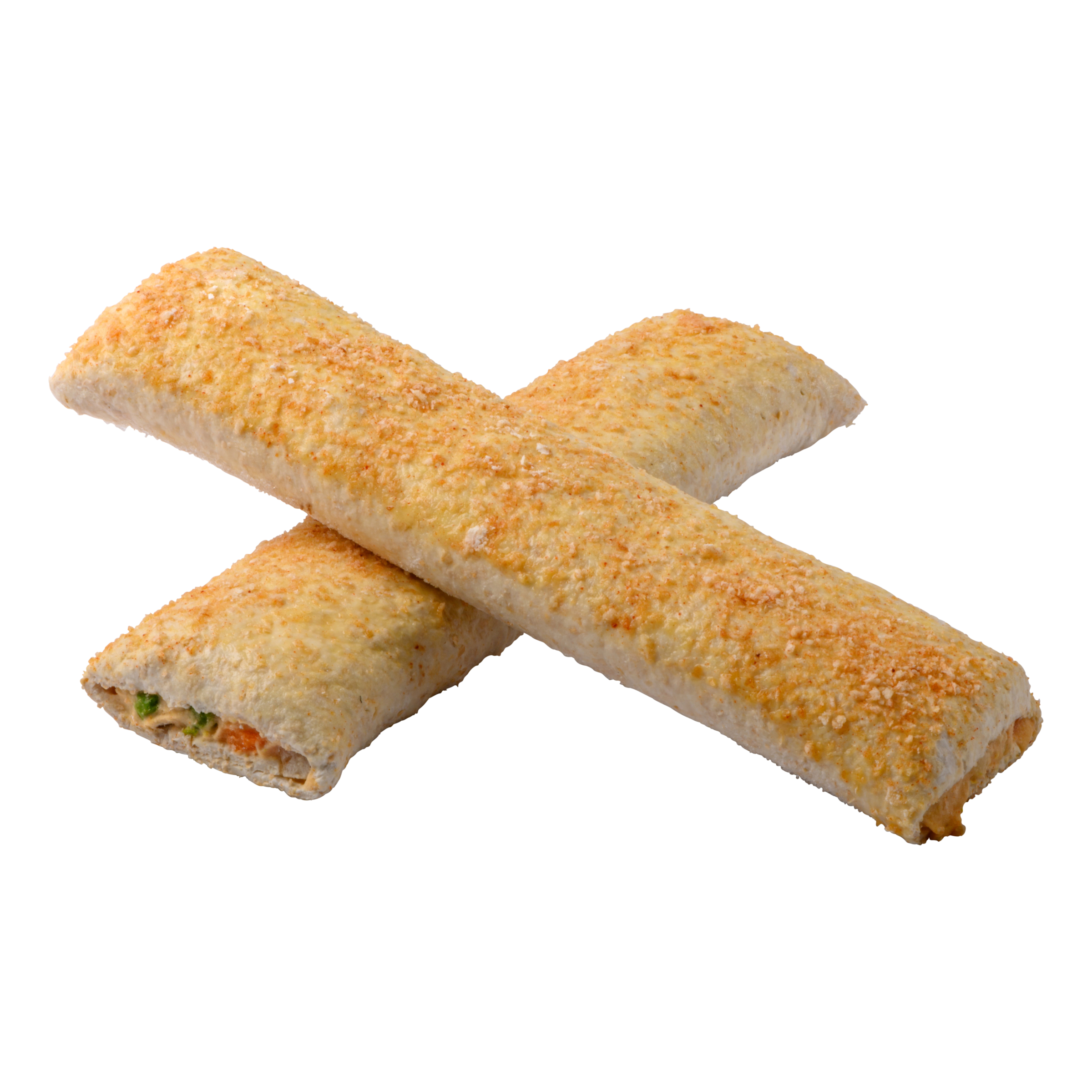In a bid to combat the environmental hazards posed by single-use plastics, Western Australia is embarking on another phase of their bans, with the most comprehensive ban in the nation. Scheduled to take effect on March 1, 2024, the ban on disposable cups, lids and trays marks a significant step toward a more sustainable and eco-friendly future. Let’s delve into the specifics of the upcoming ban, its implications, and explore viable alternatives for businesses and consumers alike.
The Cup Ban: What’s In and What’s Out
The ban on disposable plastic cups encompasses a wide range of items, including cups used for hot drinks like tea, coffee, and hot chocolate. Plastic-lined paper or fibre cups that are not certified compostable are also included.
Exempted from the ban are disposable paper or fibre cups that meet the Australian Standard for industrial composting (AS 4736:2006) or home composting (AS 5810:2010). Similarly, plastic beverage containers, containers for food, reusable plastic cups, and expanded polystyrene cups included in pre-packaged products like noodle packs are not covered by the ban.
Encouraging Sustainable Practices
Businesses and consumers are encouraged to adopt sustainable practices to comply with the plastic bans. Consideration for reusable alternatives such as ceramic or metal cups is recommended, especially for establishments where customers consume beverages onsite. Reusable cups, if designed for washing and reuse, are exempt from the ban.
For disposable alternatives, businesses are advised to choose bioplastic lined or aqueous dispersed paper cups that meet the Australian composting standards.
The Lid Ban: A Closer Look
In addition to plastic cups, the ban extends to disposable plastic cup lids for both hot and cold beverages. This ban aims to address the prevalent issue of plastic lid litter, as well as contamination of recycling and composting streams. The ban covers paperboard or fibre cup lids with plastic or bioplastic linings, pure bioplastic lids, certified compostable plastic lids, and heat-sealed films made of plastic or bioplastic.
Exemptions to the lid ban include uncoated paperboard or natural fibre lids that are entirely plastic-free and reusable plastic cup lids designed for washing and reuse, such as those found on ‘keep’ cups.
To navigate the lid ban successfully, businesses can encourage customers to bring their own lidded cups or forgo disposable lids altogether. For those requiring disposable cup lids, adherence to specific criteria is essential. Acceptable materials include uncoated paperboard or natural fibre sugarcane pulp (bagasse), provided they are entirely plastic and bioplastic-free.
The Tray Ban: What’s included?
Western Australia is set to implement a ban on disposable plastic unlidded food trays from March 1, 2024.
Compostable lined paperboard trays certified to Australian composting standards are not covered by the ban and can continue to be supplied. Similarly, trays with lids when served are exempt until September 1, 2024, when a separate ban on lidded takeaway food ware is set to take effect. Plastic trays designed for reuse, those for raw meat and seafood, and trays for pre-packaged offsite food or drink items are also excluded from the ban.
To adapt to these changes, businesses are encouraged to explore alternative options. Customers can be encouraged to bring their own food ware, reducing the reliance on disposable trays altogether. Reusable alternatives such as ceramic, metal, bamboo, glass, or thick reusable plastic are recommended, especially for establishments where customers dine in-store.
For businesses requiring disposable alternatives, options such as uncoated paper, bamboo, wood, or sugarcane pulp can be considered. These materials offer a more sustainable choice, aligning with the broader initiative to create a greener and more environmentally responsible food service industry. By adopting these alternatives and promoting sustainable practices, businesses can play a crucial role in mitigating the impact of single-use plastics on our environment.
What’s next?
As Western Australia prepares to implement these comprehensive plastic bans, businesses and consumers alike have the opportunity to contribute to a more sustainable and environmentally conscious future. By embracing reusable alternatives, participating in exchange programs, and making informed choices, we can collectively reduce our reliance on single-use plastics and pave the way for a cleaner world for future generations.

